Welcome to Genius & Ink Library 📚
Recent volumes: Botticelli's Secret by Joseph Luzzi, The Genealogy of Morals by Nietzsche and much (much!) more...
Welcome to the Library!
Each post of my newsletter is inspired by a remarkable book. Here, you’ll find a catalog of all the books that have sparked my inspiration, arranged from the most recent to the earliest. If you are browsing this from your laptop, you can navigate the collection by the ‘Table of contents’ on the left side of your screen. I’ll be updating this library monthly, and you can catch the latest additions in the Footnotes 🍂 edition of my newsletter.

I cannot remember the books I've read any more than the meals I have eaten; even so, they have made me.
~ Ralph Waldo Emerson
It would be too hard to list the list of lists that Umberto Eco lists in his book called The Infinity of Lists. Eco’s book tells us that we humans are creatures that incessantly try to give form to the infinite universe that surrounds us, and we do this by making lists. That is why we make infinite types of them, we make visual lists, geographical lists, travel lists, lists of collections, to-do lists, and many others.
‘We like lists because we are afraid to die’ he writes, but what does Eco mean exactly by saying this?
There is an innate desire in us for control and order in the face of life’s overwhelming complexity and uncertainty. Lists offer us a way to impose structure on the chaos of existence, providing a sense of control. By breaking down life into manageable pieces, lists give us a feeling of progress, helping to stave off the existential anxiety of life’s unpredictability and mortality.
Eco implicitly advises us to pay attention to how well we create our life lists. It is after all a tool. It is like a chisel in the hands of a sculptor. A block of marble can take an infinite amount of shapes, it can become an angel or a simple floor slab. Its potential depends on the clarity of your vision and how masterfully you can use the chisel you have in hand.
The list you see below is aimed to organise my past. To see which books provoked me into thinking so much that I had an urge to write about them. It is not just ‘books that I enjoyed and I hope you will enjoy reading too’. These books were thought-provoking enough that they made me sit down and write in an attempt to organise my thoughts and form connections.
‘The list is the origin of culture.’ - said Eco in his interview to Der Spiegel - ‘It’s part of the history of art and literature. What does culture want? To make infinity comprehensible. It also wants to create order — not always, but often. And how, as a human being, does one face infinity? How does one attempt to grasp the incomprehensible? Through lists, through catalogs, through collections in museums, and through encyclopedias and dictionaries.’
📕 How to use your enemies by Baltasar Gracìan
How to Use Your Enemies
‘Even when explaining yourself’ — writes Baltasar Graciàn — ‘you should avoid complete frankness, just as you shouldn’t open yourself up to everyone in all your dealings.’
📕 Botticelli’s Secret by Joseph Luzzi
Petrarch or Dante: Who Will Guide You in Life?
Dante believed that poets preserve the beauty of everyday speech, everyday experience. Poetry was about religious faith that unites every believer, while Petrarch was reanimating the Roman and Greek culture and thus focussing on the individual in the world of uncertainties.
📕 The Genealogy of Morals by Friedrich Nietzsche
Nietzsche, the Armenian language, and the Search for Meaning.
The word ‘wisdom’ in the Armenian language is ‘imastutyun’ (ee-mas-tu-tyoon) which literally translates as ‘meaningfulness’. For the ancient Armenians, who coined this word millennia ago, to be wise meant to lead a meaningful life.
📕 Ficciones by Jorge Luis Borges
Writing is nothing but a guided dream.
Also mentioned in this post is Iain McGhilchrist’s Master and His Emissary.
Jorge Luis Borges: Why literature is ahead of science?
“Writing is nothing more than a guided dream.”
📕 Leonardo da Vinci by Walter Isaacson & Why Read Classics by Italo Calvino
A good reader, a major reader, an active and creative reader is a re-reader.
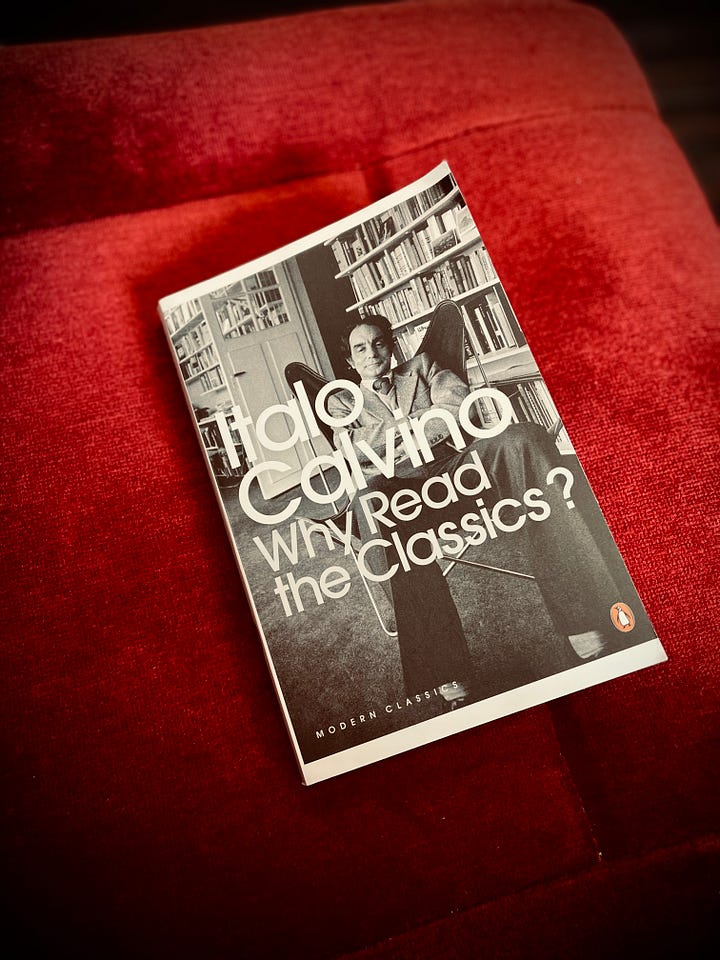
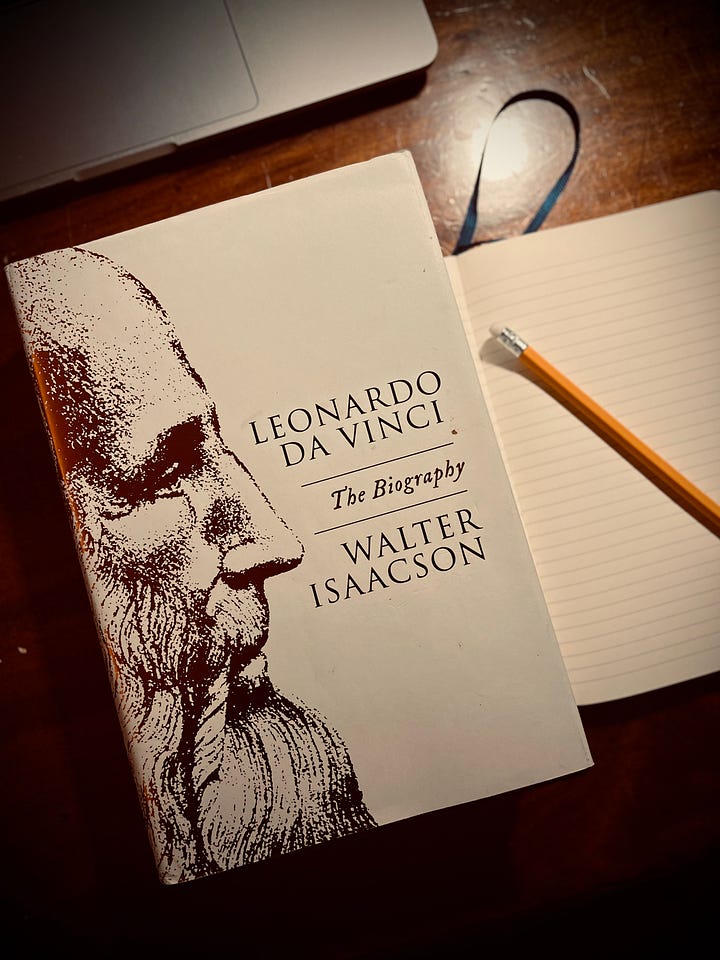
How to Read Like Leonardo Da Vinci?
A good reader, a major reader, an active and creative reader is a re-reader.
📕 Greek Lives by Plutrach
📕 Philosophy as a way of life by Pierre Hadot
What is your aim in philosophy? To show the fly the way out of the fly-bottle.
Pierre Hadot: Reading as a Spiritual Exercise
This article is the third part out of a three-part series introducing my read-along, which begins in January 2025:
📕 The Fantastic Gustave Doré by Alix Pare
People do not know what it costs in time and effort to learn to read. I needed eighty years for this and I’m not even able to say if I have succeeded.
My Reading List for the Next 10 Years
People do not know what it costs in time and effort to learn to read.
📕 Seneca’s Letters
Seneca: Excellence of Mind Cannot Be Borrowed or Bought.
So it is with the food which nourishes our higher nature, – we should see to it that whatever we have absorbed should not be allowed to remain unchanged, or it will be no part of us. We must digest it; otherwise it will merely enter the memory and not the reasoning power.
📕 Boccacio’s Decameron
Rescuing Books from British Pubs | 🍂 Footnotes #9
Last week, Mnemosyne put me to a test. I was attending a wedding party of friends and saw bookshelves right opposite the bar. I gathered all my focus and started scanning the shelves for some good editions. It was a hard task since at this point I already had 3 or 4 beers.
📕 Conversations with Goethe by Eckermann
‘Beware of embarking on a great work. This is the mistake that our best minds make, the very people with the most talent and the fiercest ambition.’
From Nietzsche’s Favourite Book: Goethe’s Advice to Young Artists
‘The best German book there is.’ ~ Nietzsche
📕 Fear and Trembling by Søren Kierkegaard
“Yesterday I was clever and I wanted to change the world; Today I’m wise and I want to change myself.”
Kierkegaard: How to Sculpt Your Own Soul
At school we are taught the laws of physics; the laws of nature; and the laws of chemistry. We are told that we need to know these laws so we can understand how the world around us works. But, more often than not, we are not taught anything about the laws of our soul, spirit, or what others refer to as '
📕 The Library: A Fragile History by Andrew Pettegree and Arthur der Weduwen
In this episode, we explore a wonderful book called The Library: A Fragile History written by Arthur der Weduwen and Andrew Pettegree. In one of the chapters, they mention a powerful brewers’ lobby that tried to stop the expansion of public libraries in England. 👉
Ep. 5: Libraries: How Brewers' Lobby Tried to Stop the Spread of Knowledge
In this episode, we explore a wonderful book called The Library: A Fragile History written by Arthur der Weduwen and Andrew Pettegree. In one of the chapters, they mention a powerful brewers’ lobby that tried to stop the expansion of public libraries in England. (This is back in the 19th century)
📕 Essays and Aphorisms by Arthur Schopenhauer
Our minds often resemble a disordered library. We might be well-read, but not be able to use knowledge when we need it. In this episode we explore a short passage from Schopenhauer’s essay ‘On Thinking for Yourself’.
Ep. 4: Schopenhauer on How to Organise Your Library and Your Mind.
Our minds often resemble a disordered library. We might be well-read, but not be able to use knowledge when we need it. In this episode we explore a short passage from Schopenhauer’s essay ‘On Thinking for Yourself’.
Annual Special: Best Books of 2023
I have come to think that great men are characterised precisely by the extreme position which they take, and that their heroism consists in holding to that extremity throughout their lives.
📕 Life by Leo Tolstoy
EP. 3 Tolstoy on Science vs Religion, and the Meaning of Life
In this episode, we're delving into a rare book by Leo Tolstoy, written during his darkest times. Tolstoy, a Christian mystic, delves into the relationship between religion, science, and the human spirit.
📕 The Subversive Simone Weil by Robert Zaretzky
Instead, ‘to pay attention’ for Weil is more about the withdrawal of the self. To explain this, let’s take a look at Weil’s teaching style. (I bet you would like to have a teacher like her in your school.)
Simone Weil: Paying Attention as a Spiritual Exercise.
For Weil, ‘attention’ is not just the muscular effort of concentrating or focussing on certain tasks as some thinkers choose to define it1. ‘This kind of [muscular] attention flourishes in therapists’ offices, business schools, and funeral homes. It is a performative rather than reflective act, one that displays rather than truly pays attention.
📕 How to Live: A Life of Montaigne by Sarah Bakewell
EP 1: Montaigne on 'How to Live' and 'How to Die'
The French philosopher Michel de Montaigne had an enormous influence on every thinker who came after he died in 1592. Voltaire, Rousseau, Nietzsche, Camus, and Hannah Arendt are only a few names who quoted Montaigne as their influence.
📕 Love, Life, Goethe by John Armstrong
The moral is simple: don't just stare at my life as if it were a puppet show: create your own life, and feel free to take your plots from me.
🍂 Footnotes #7 | From Spectator to Creator
💭 Word of the week: pronoia - the belief of that everything in the universe is conspiring to support you; the opposite of paranoia.
📕 The Bookseller’s Tale by Martin Latham
The Library of Babel (or, How Bats Rescue Books) 🦇 | Book Review
In 1730, the English Gothic novelist William Beckford visited the legendary Mafra Palace Library in Portugal. My reader might have seen this library on instagram reels and other lists of ‘the most beautiful places to visit’ or ‘the most beautiful libraries ever built’.
📕 Memoirs of Hadrian by Marguerite Yourcenar
🍂 Footnotes #5 | Antidote to Consumerism
It’s often the greatest books that are the most challenging to review and Marguerite Yourcenar’s Memoirs of Hadrian is one of them. Her writing is peerless, her genius limitless. This book is one of my most highlighted reads. There are a myriad of life-changing ideas in Yourcenar’s work, so I found myself annotating each page of it and recorded around two dozen different entries about it in my journal.
📕 The Madman by Kahlil Gibran
Why excessive sanity might prove to be lethal?
📕 Borges and Me by Jay Parini
War, Borges and Me.
“Remember that the battle between good and evil persists, and the writer's work is constantly to reframe the argument, so that readers make the right choices.”
📕 Humanly Possible by Sarah Bakewell
📕 The Creative Act: A Way of Being by Rick Rubin
Rick Rubin: 5 Mistakes Artists Make (and how to avoid them) | BOOK SUMMARY
The artist's goal is not merely to produce, but to make the finest work they are capable of.
📕 Anaximander by Carlo Rovelli
'What' you think rarely matters. It is 'HOW' you think that matters more.
What distinguishes an intellectual from someone who is not?
📕 Genius & Ink by Virginia Woolf
📕 This is not the end of the book by Umberto Eco
📕 A Russian Journal by John Steinbeck
What Ordinary Russians Think of War? | (John Steinbeck's, A Russian Journal)
'A Human Being is Greater Than War' ~ Svetlana Alexievich




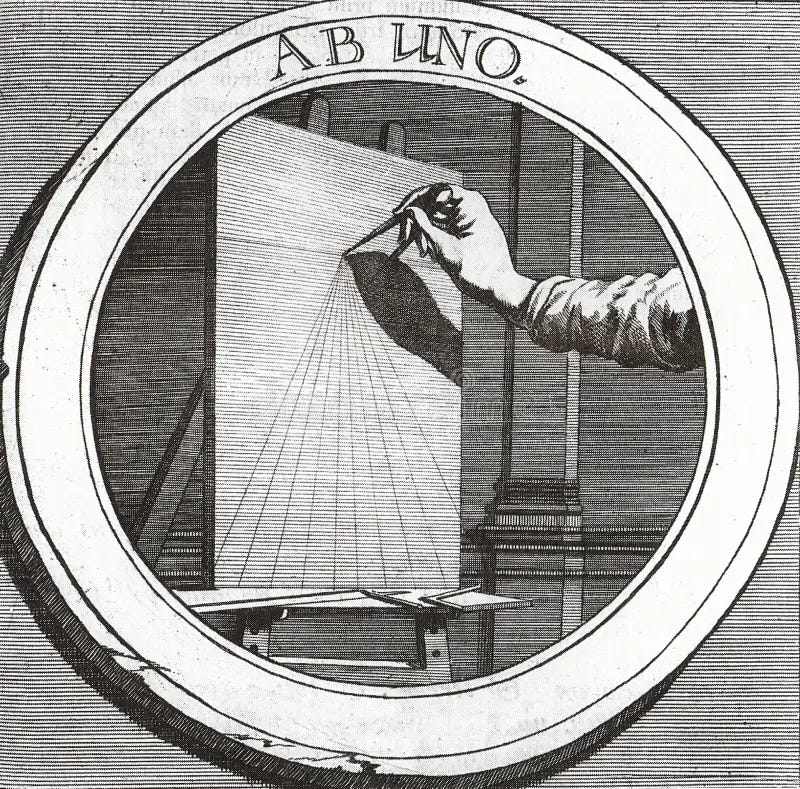
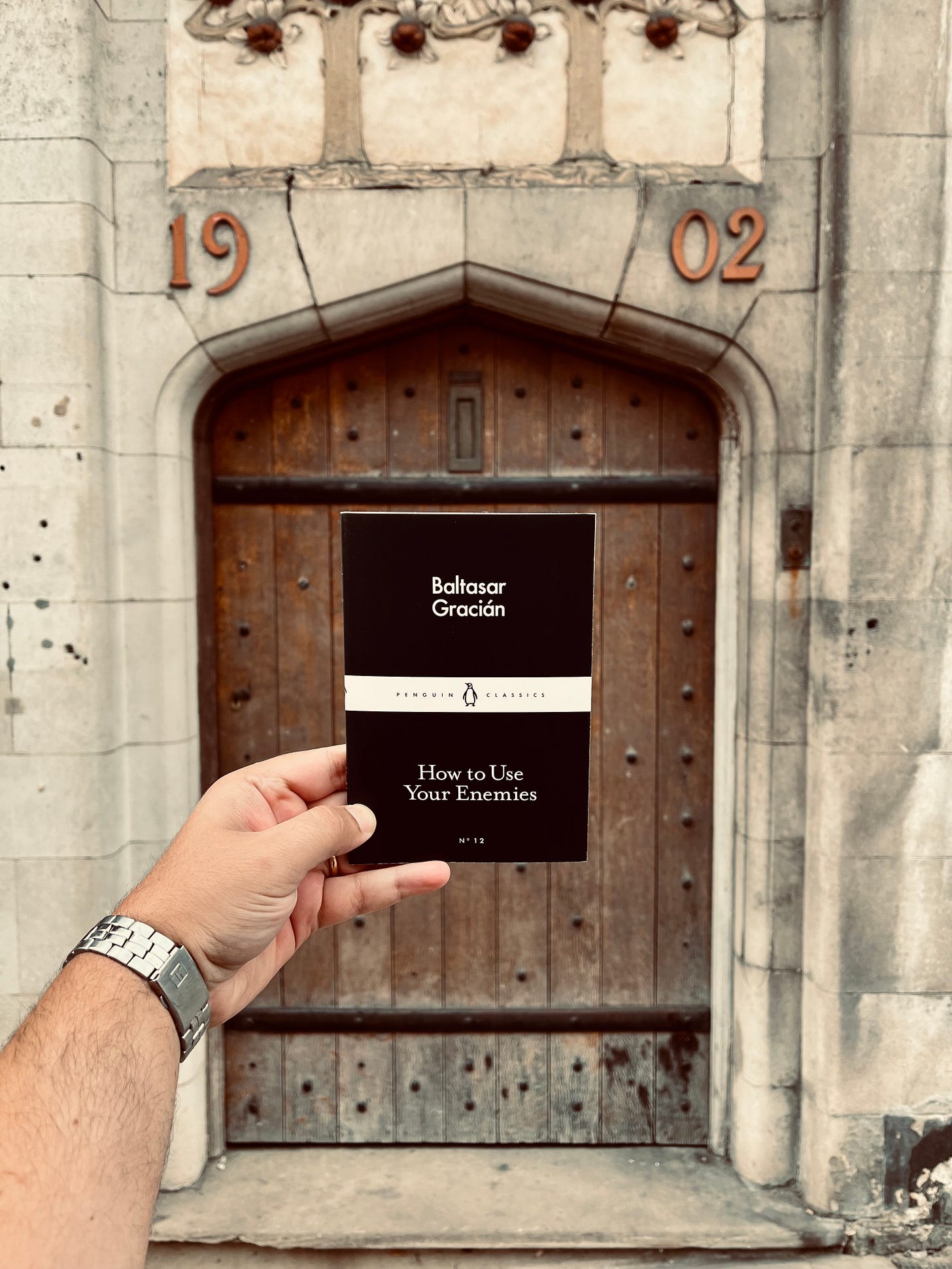

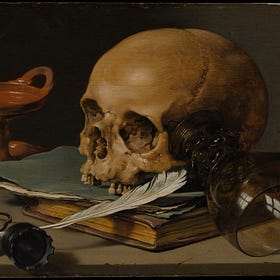
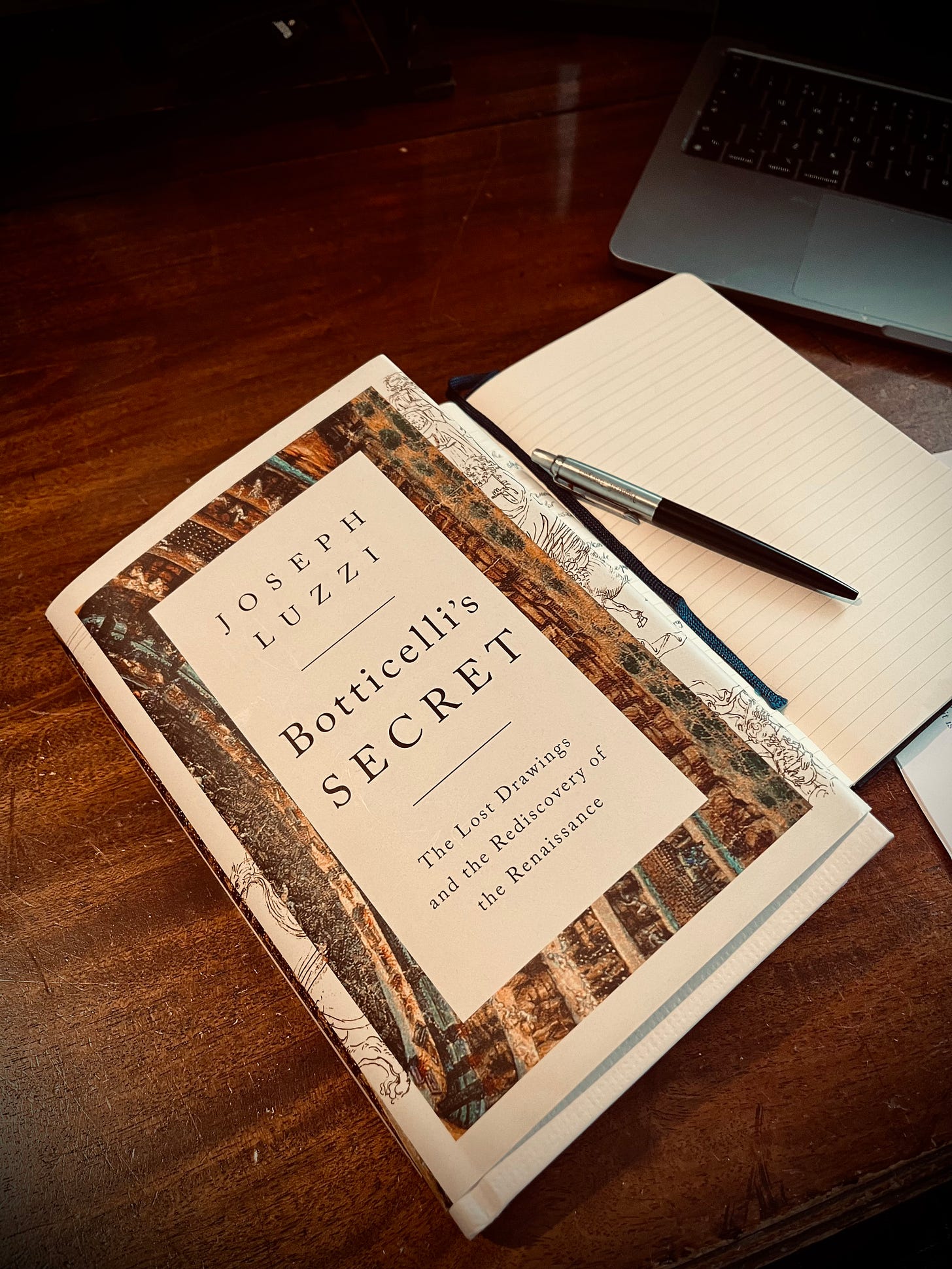

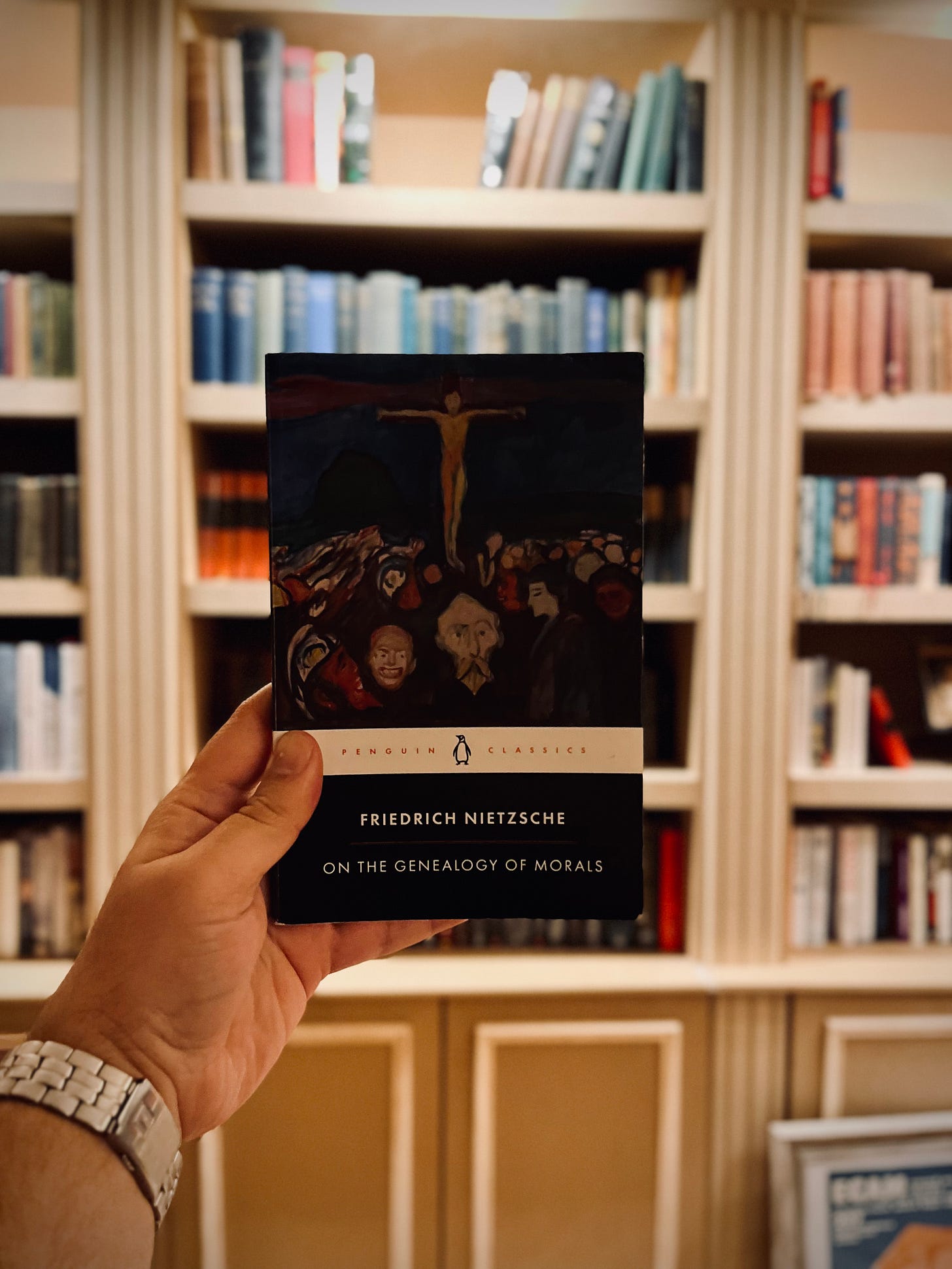
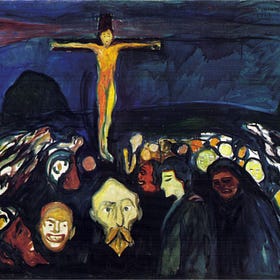
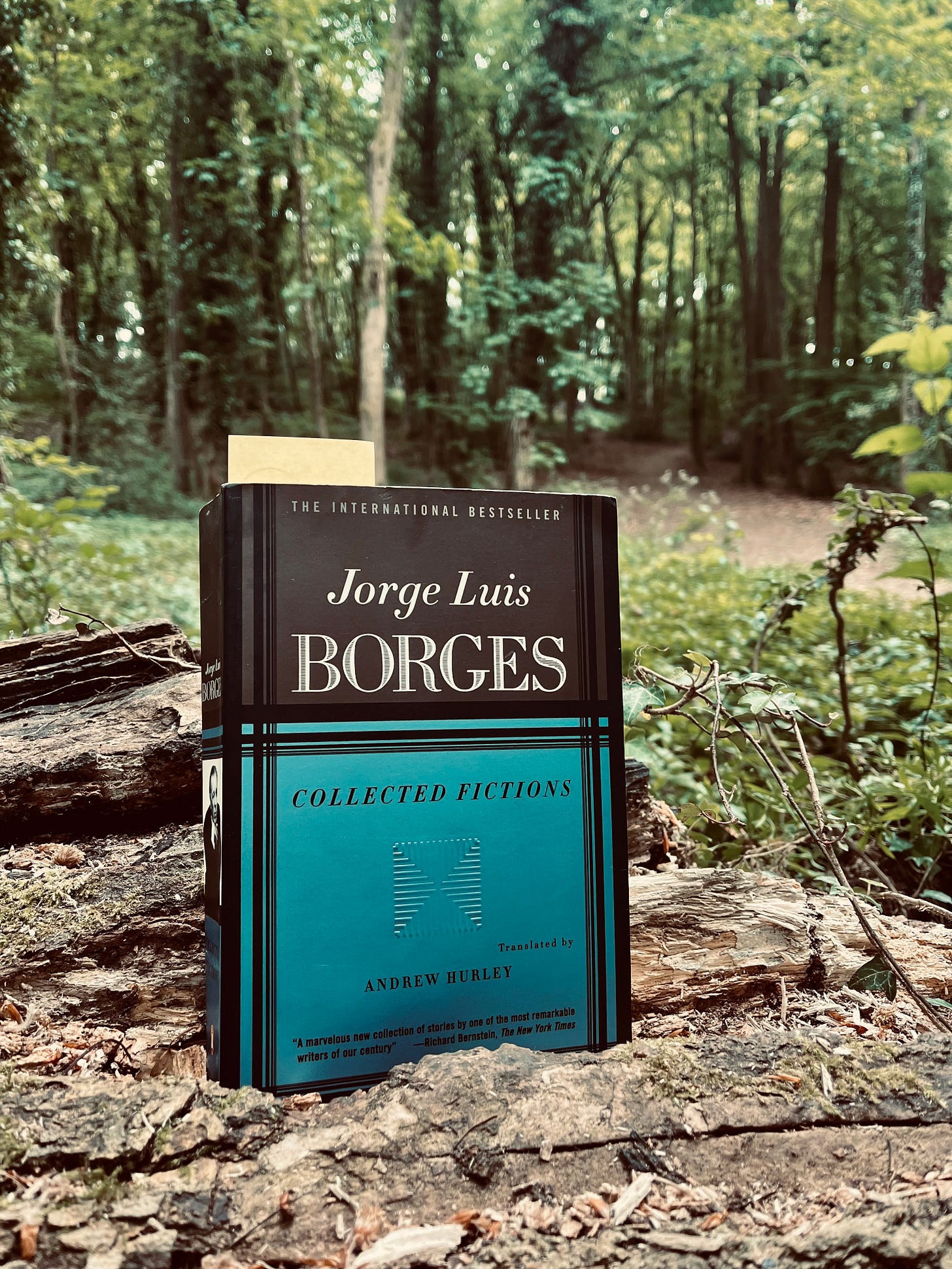

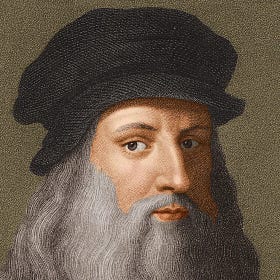
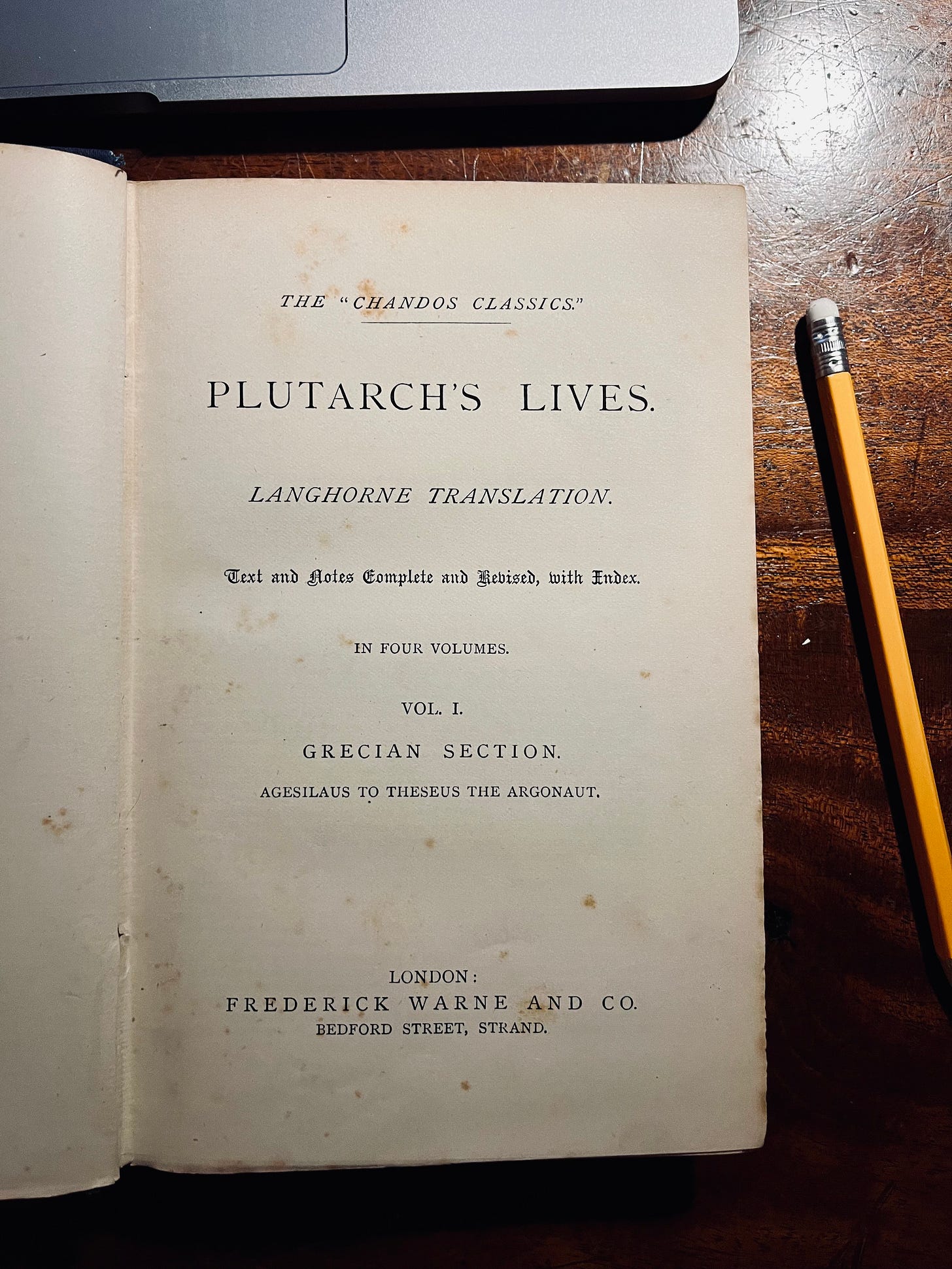
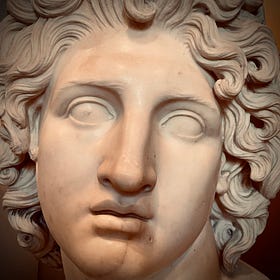
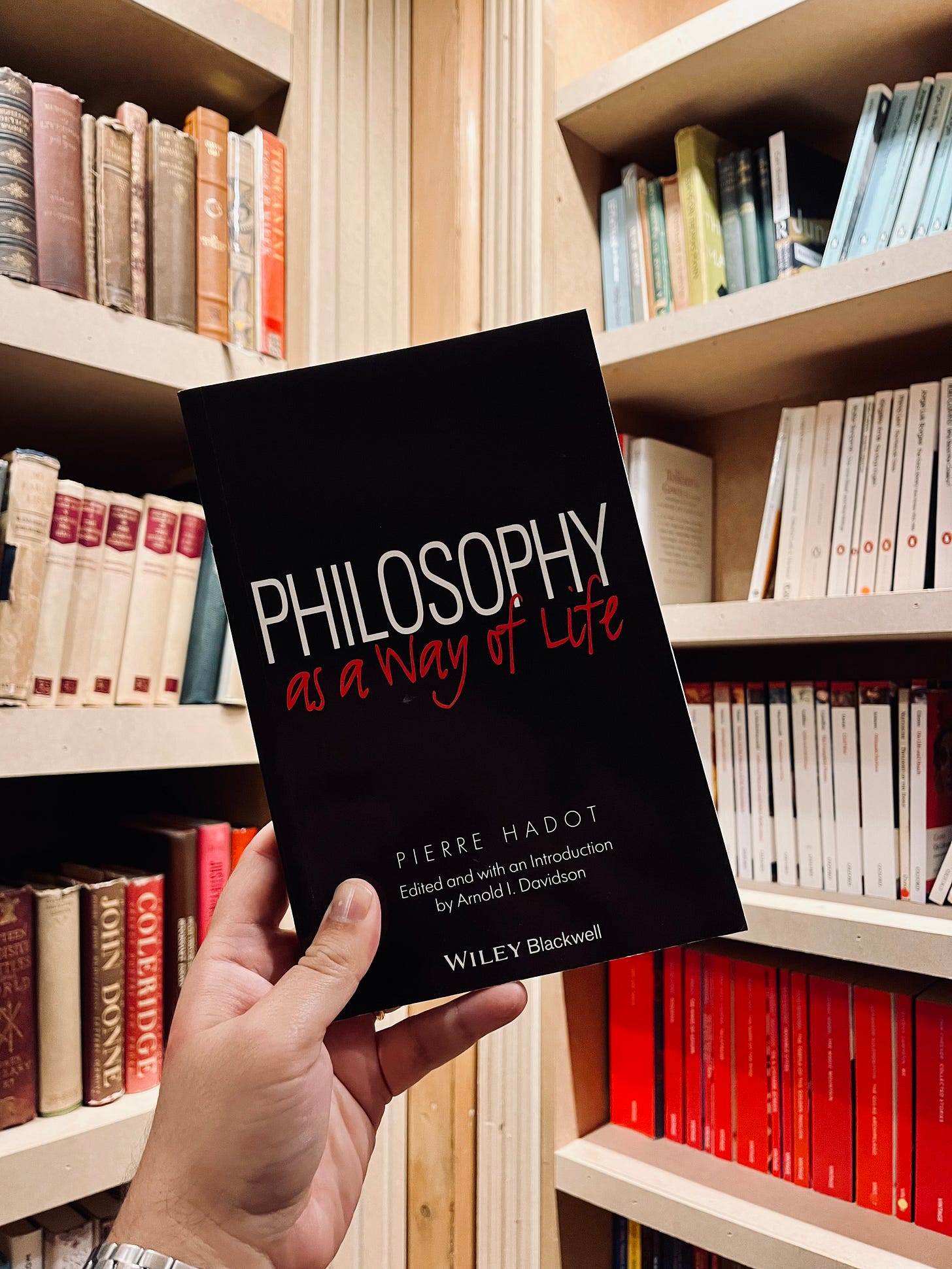
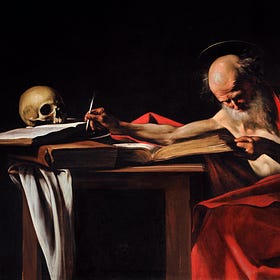
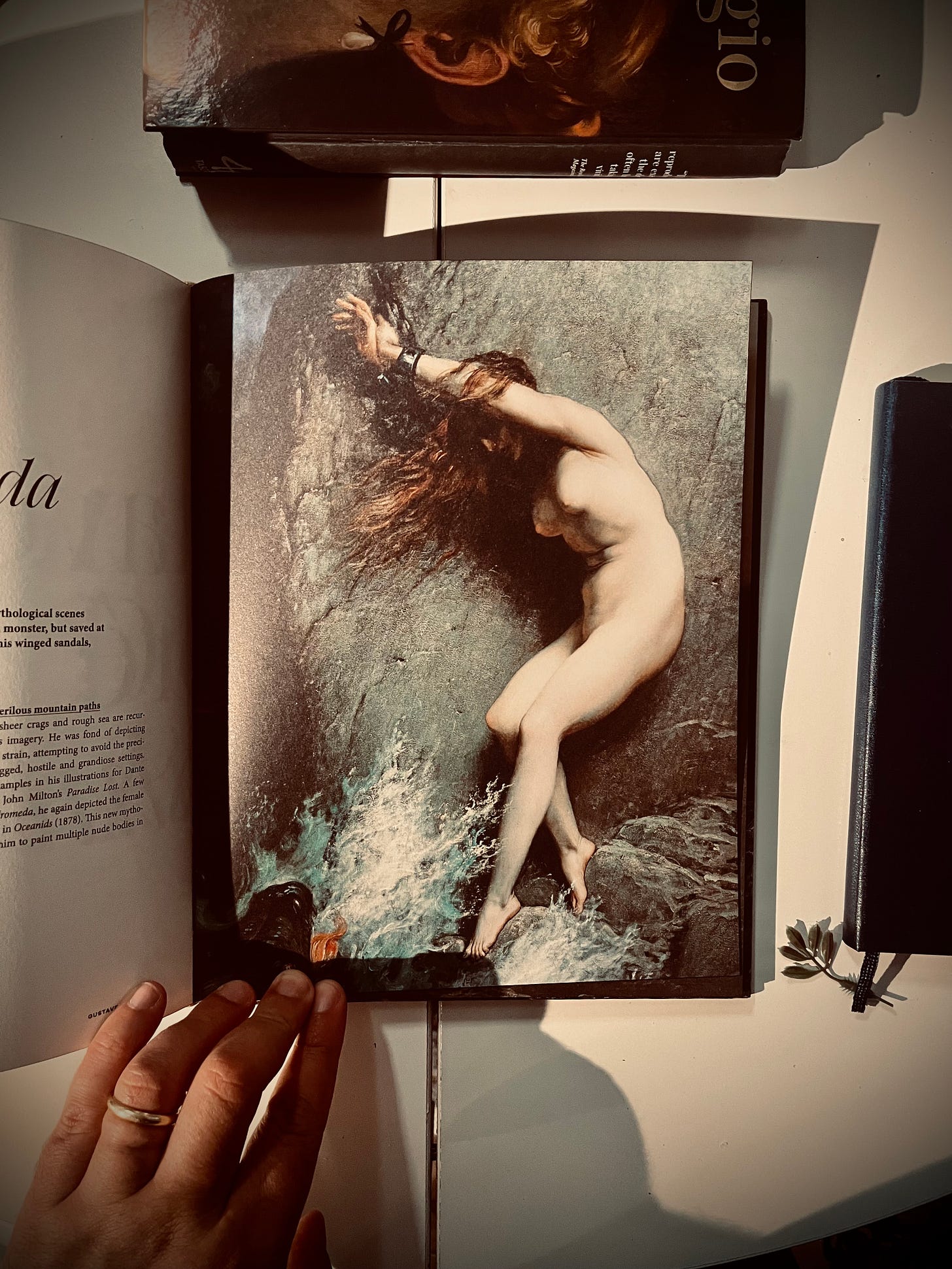
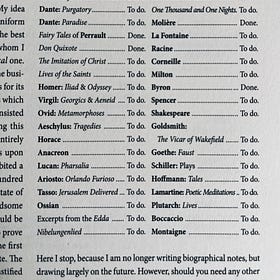
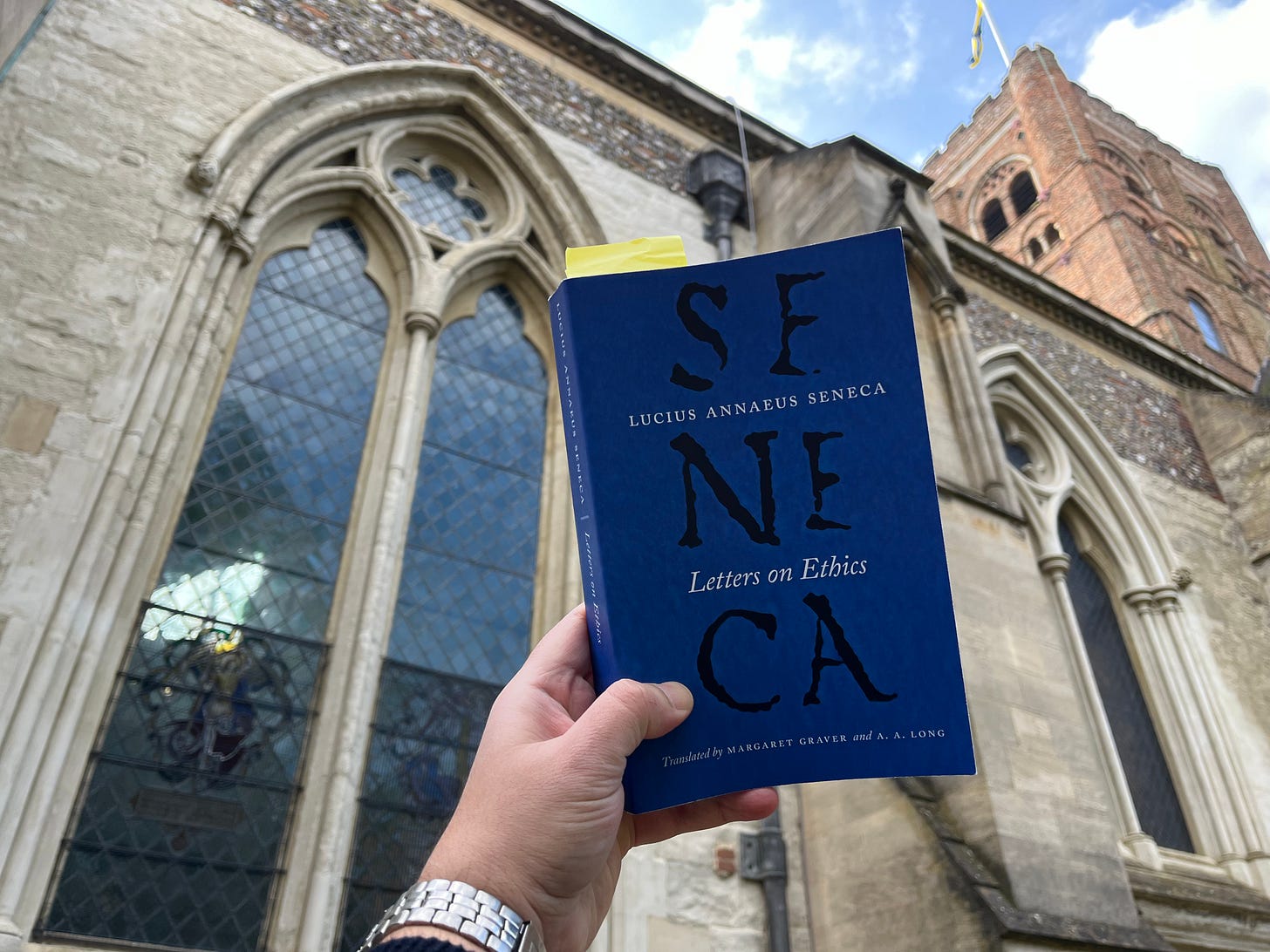

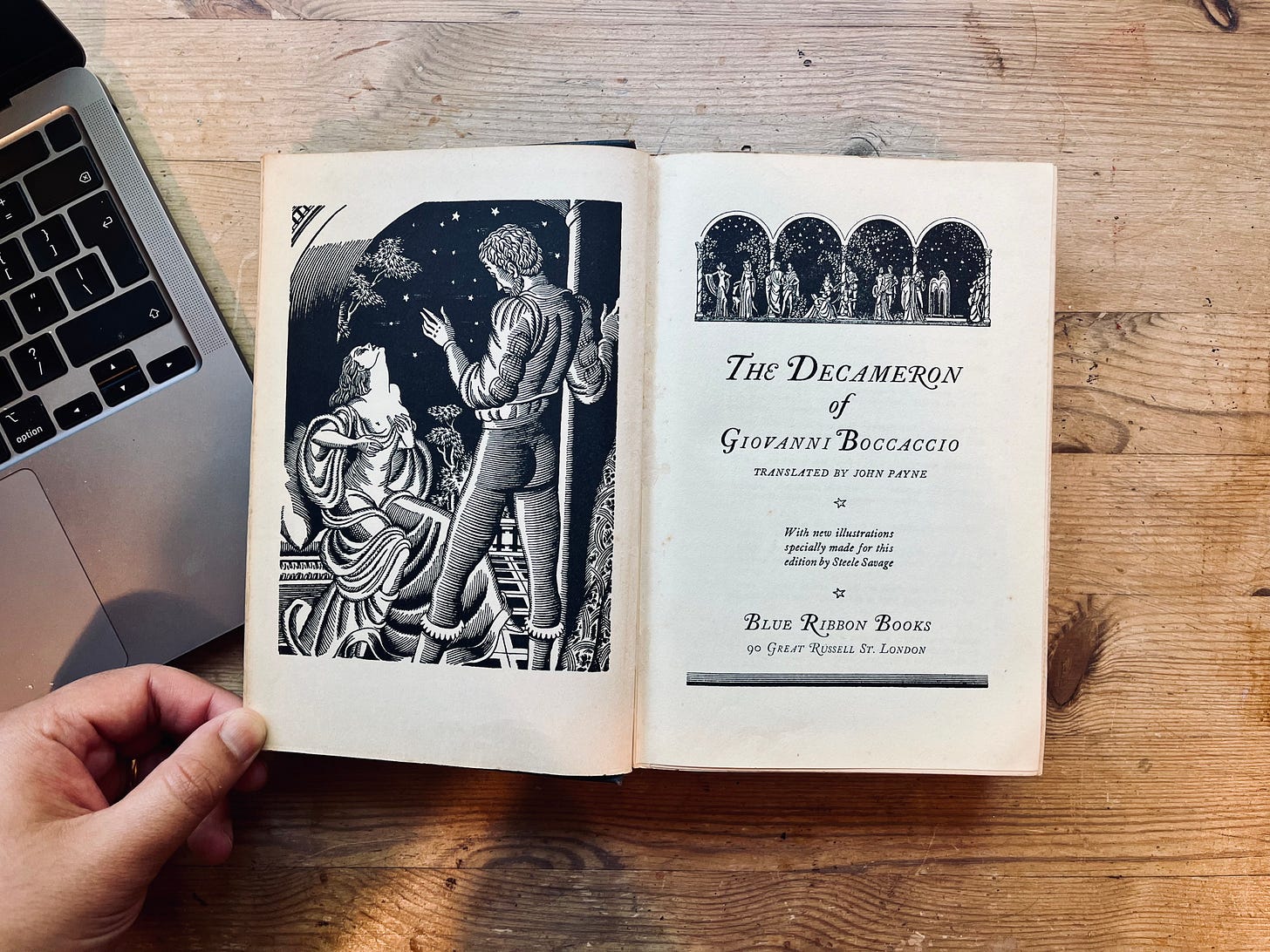
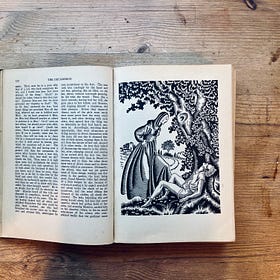
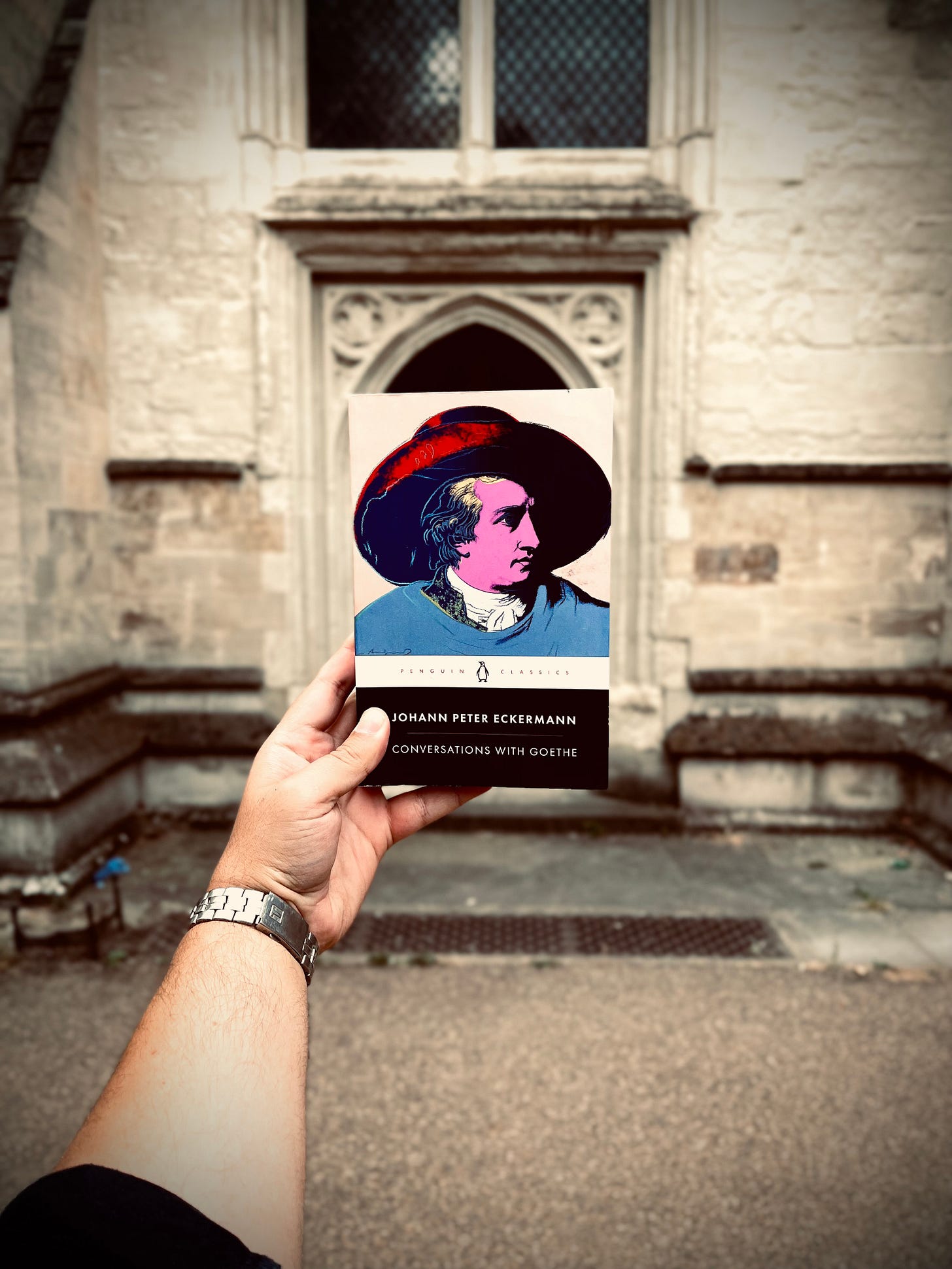
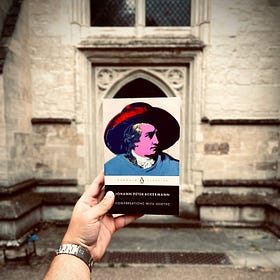
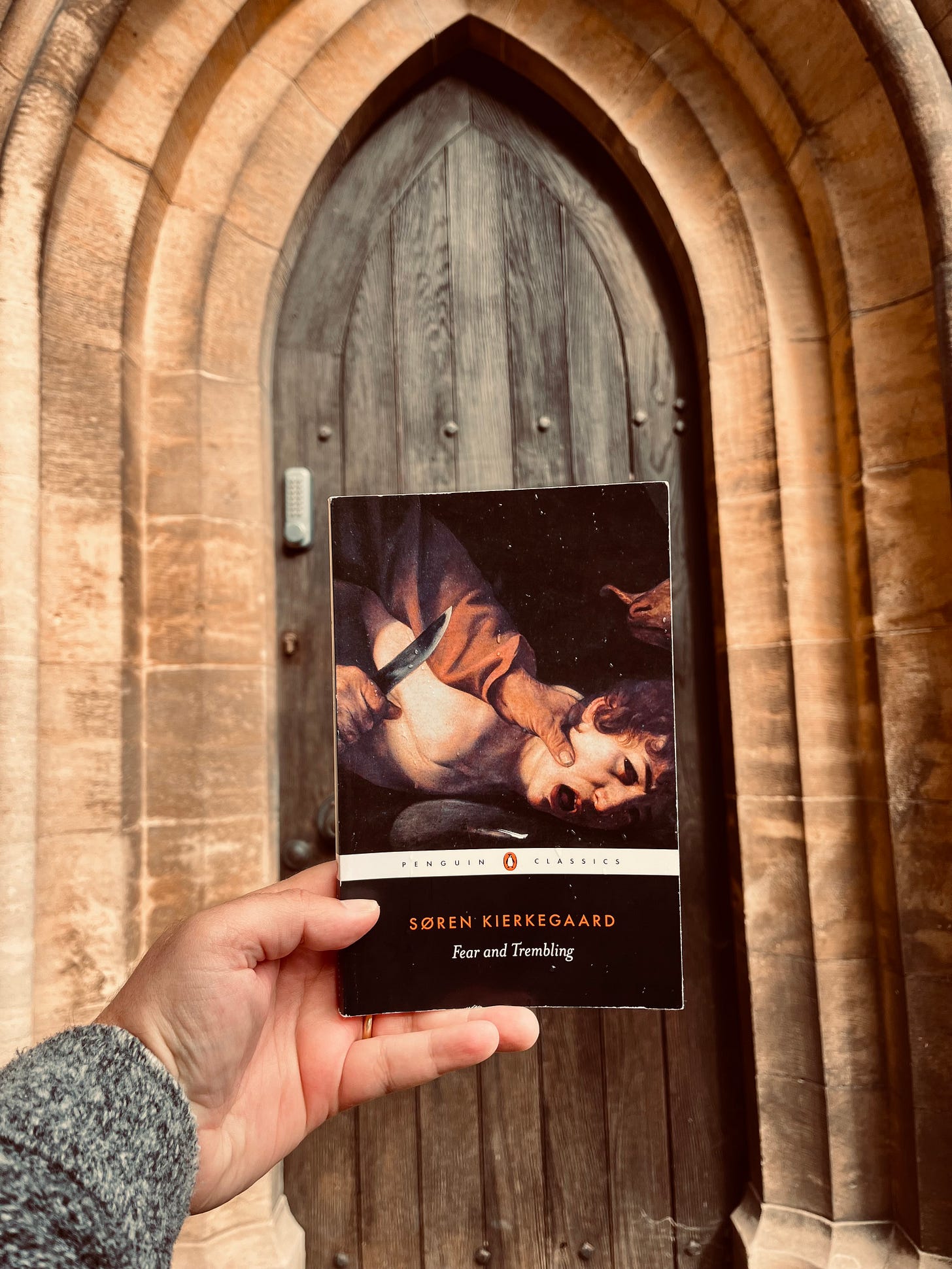
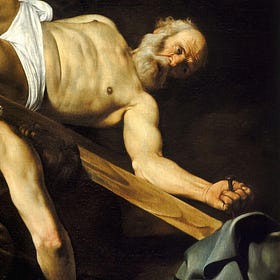
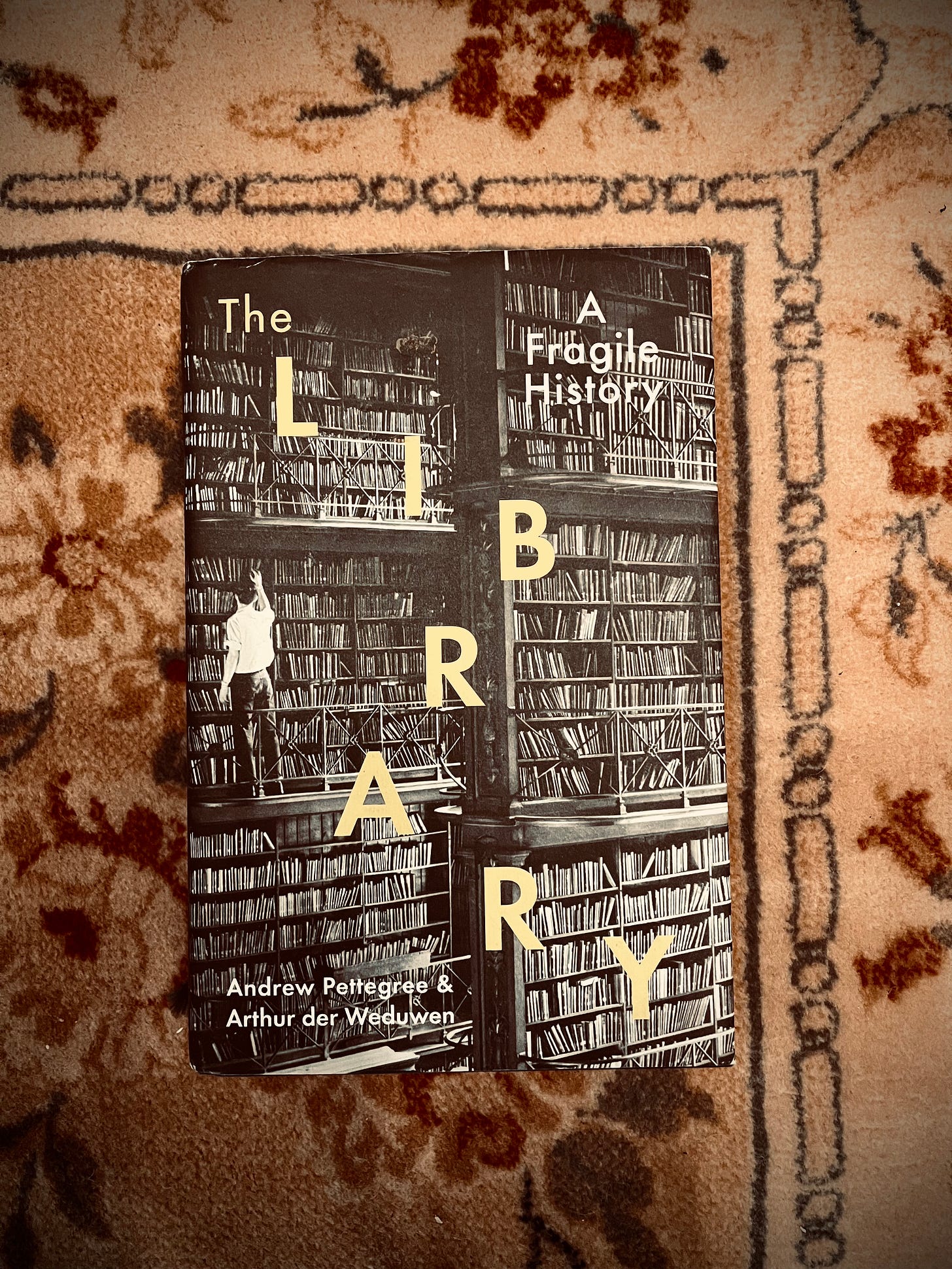
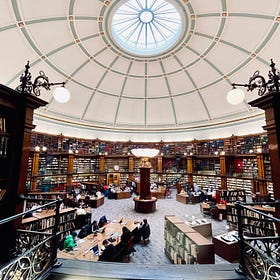
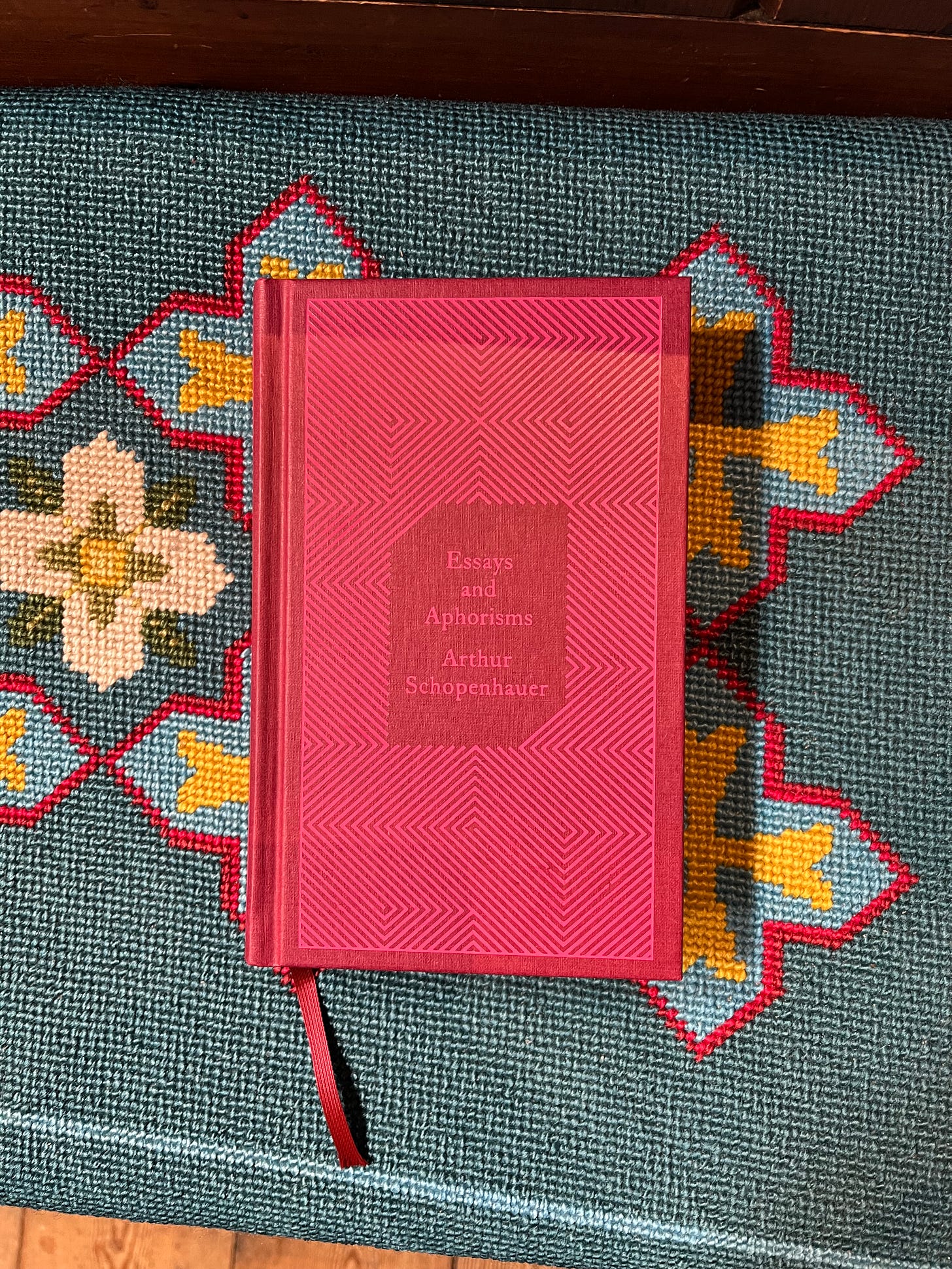
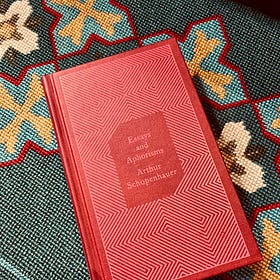
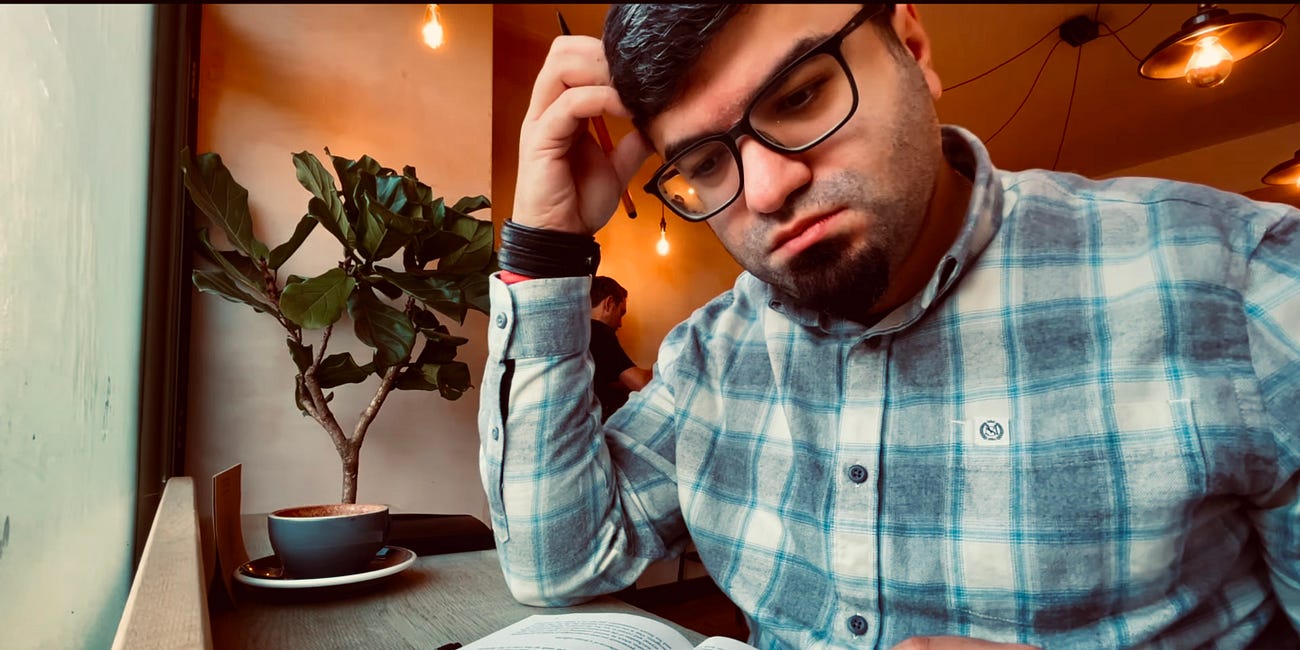
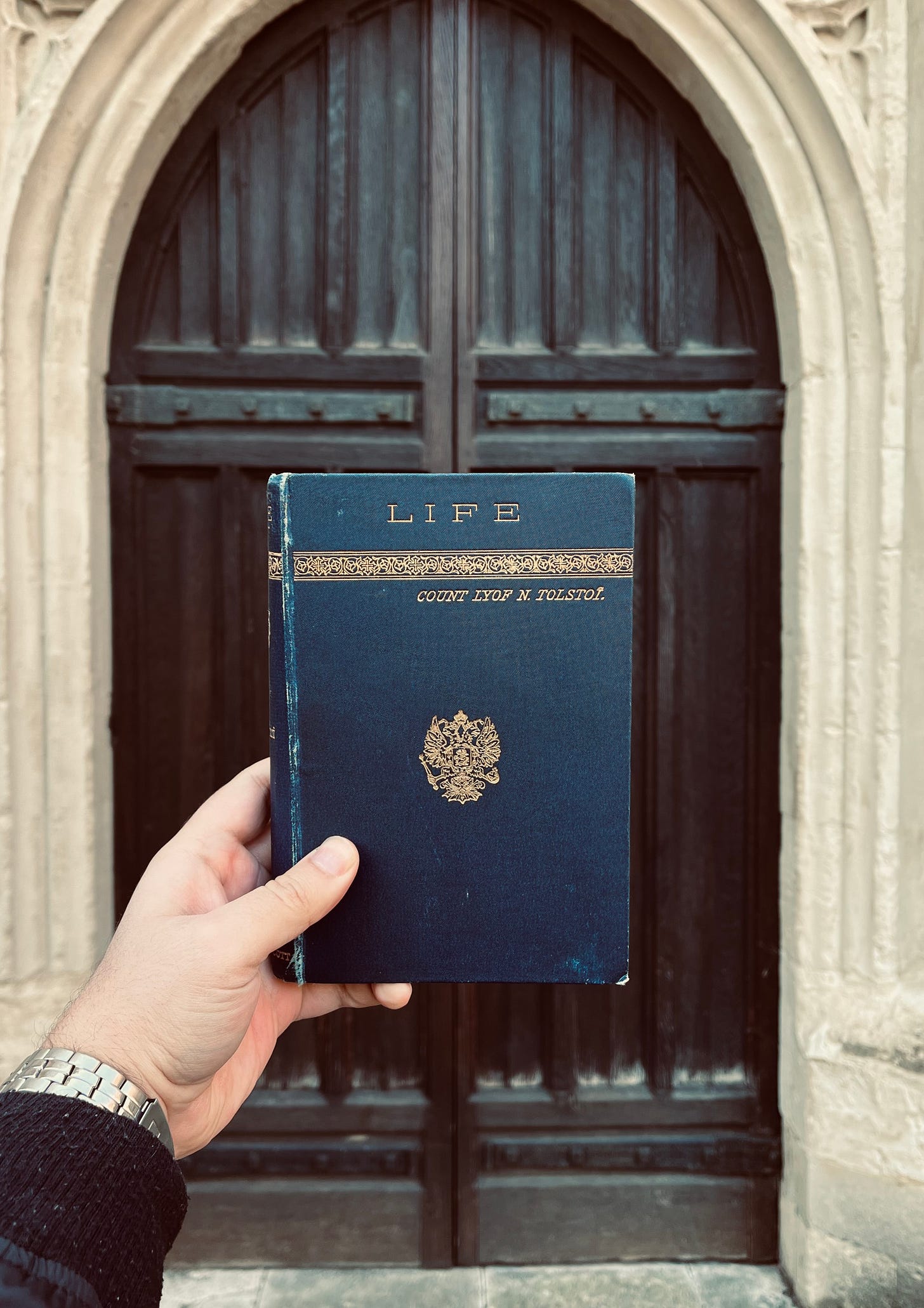

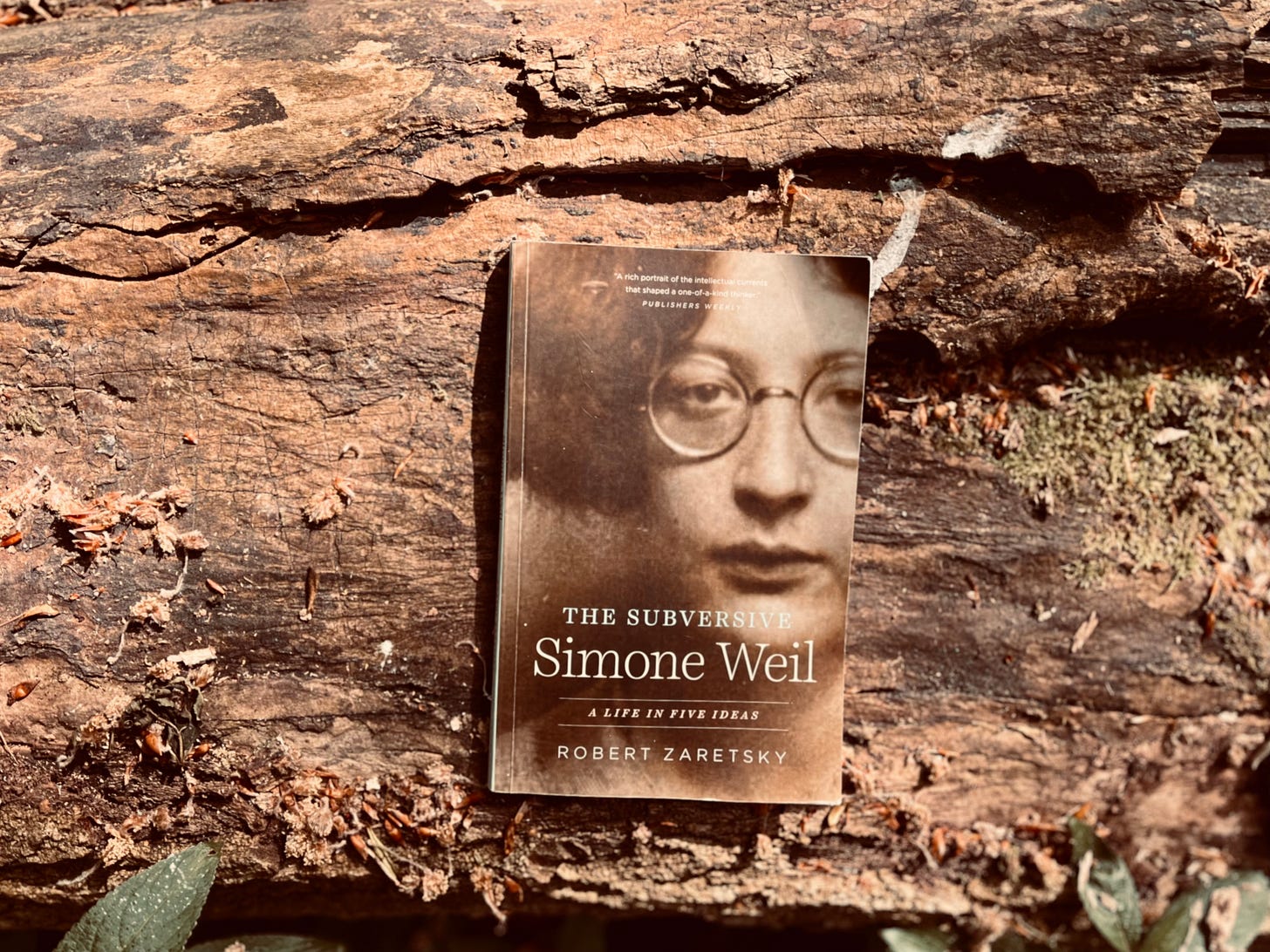
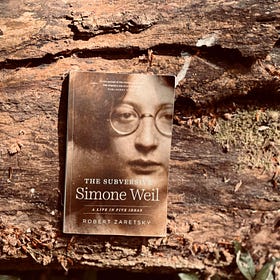
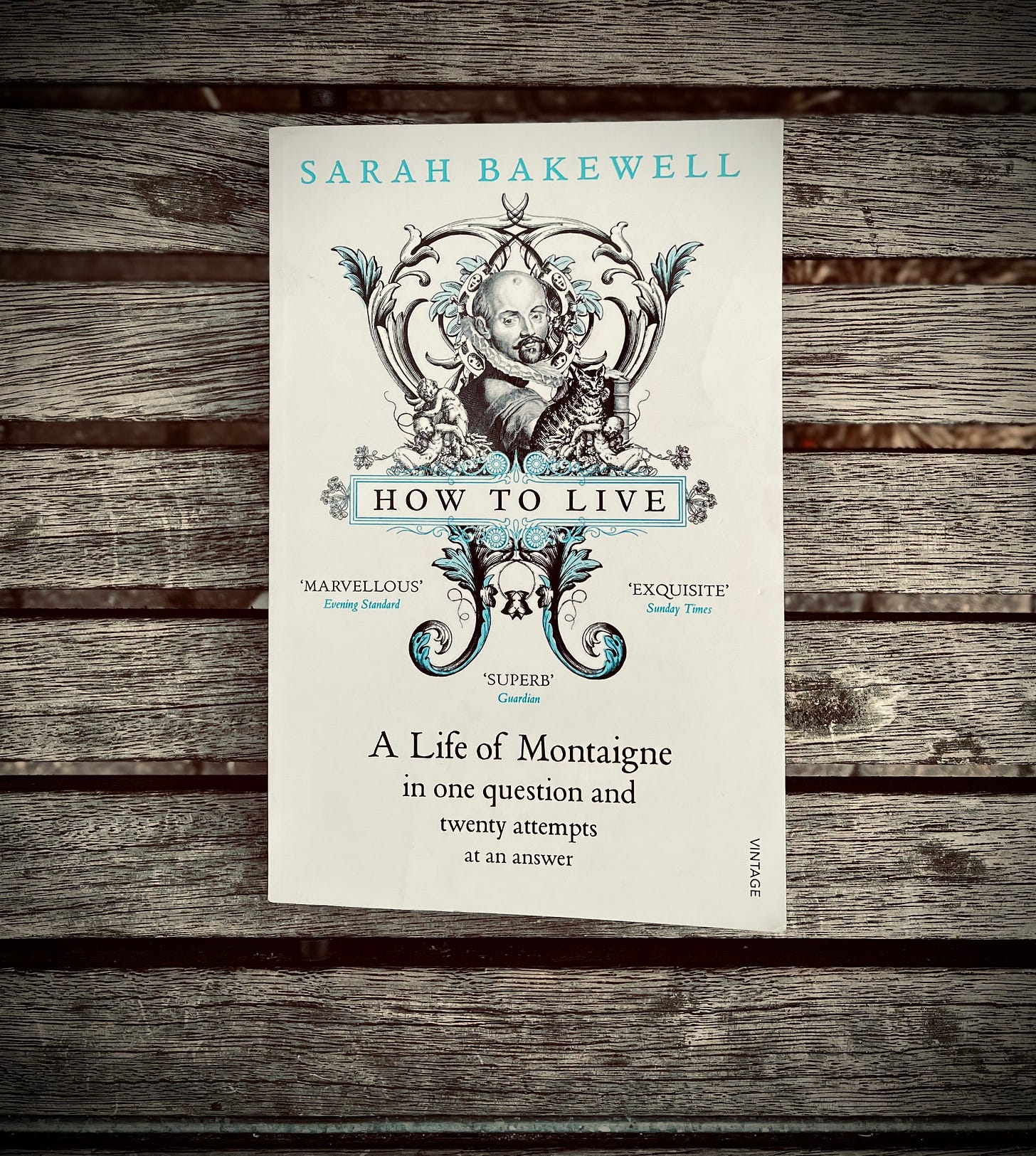
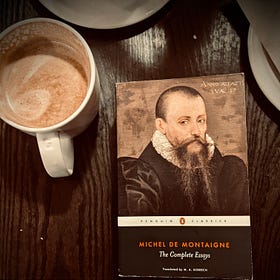
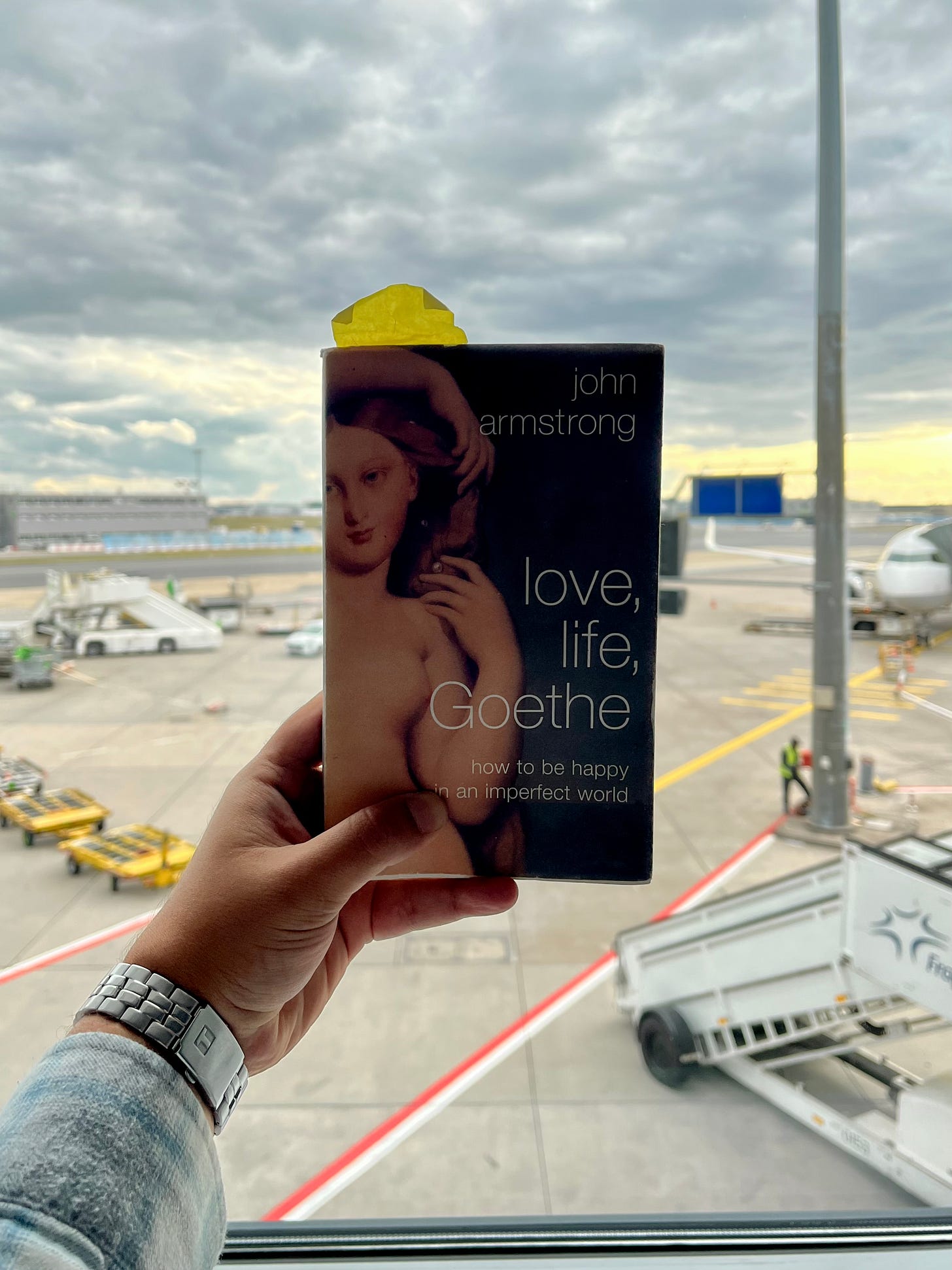
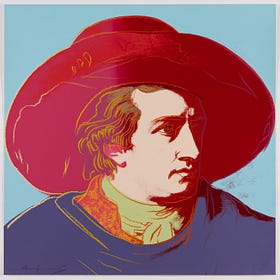
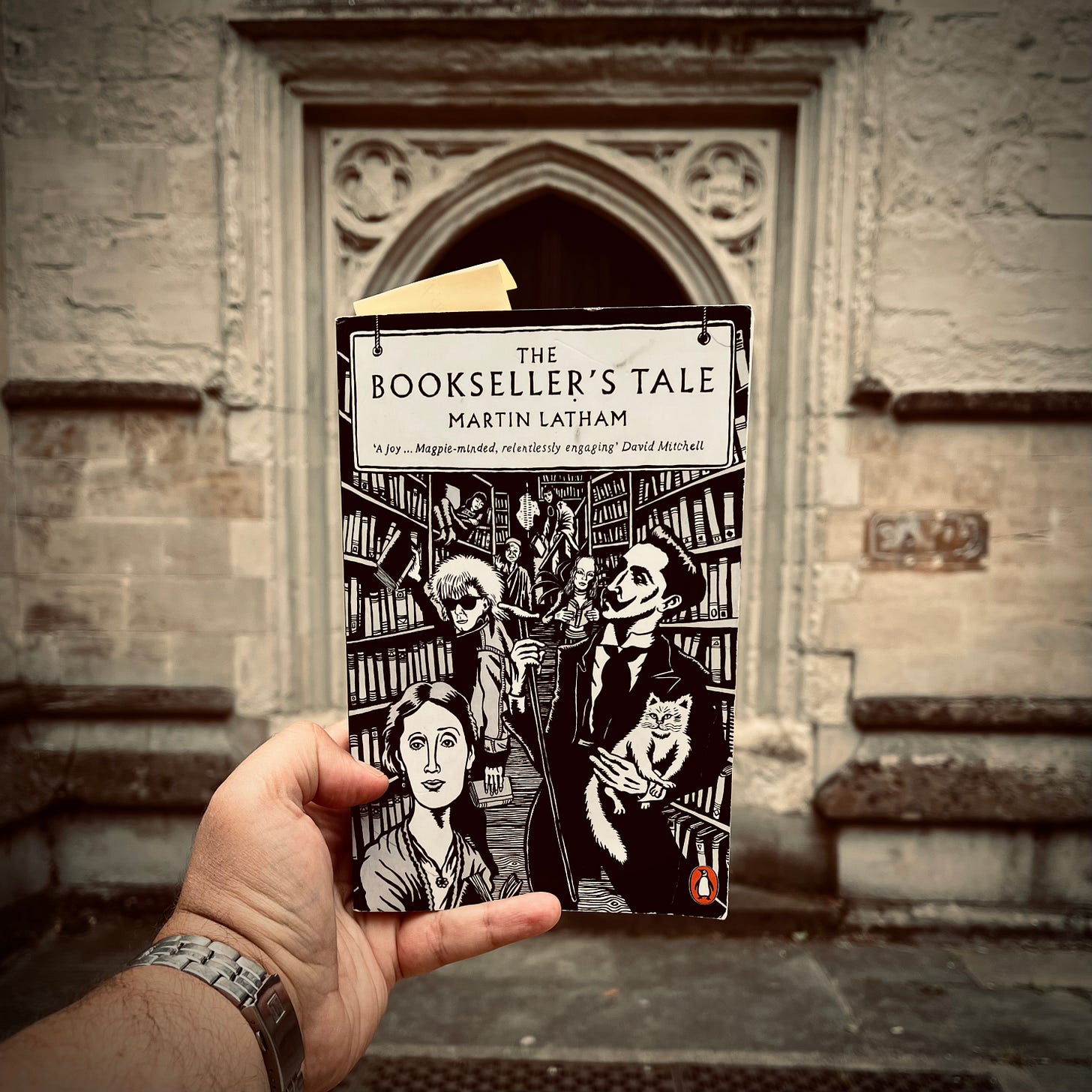
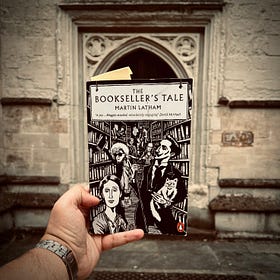
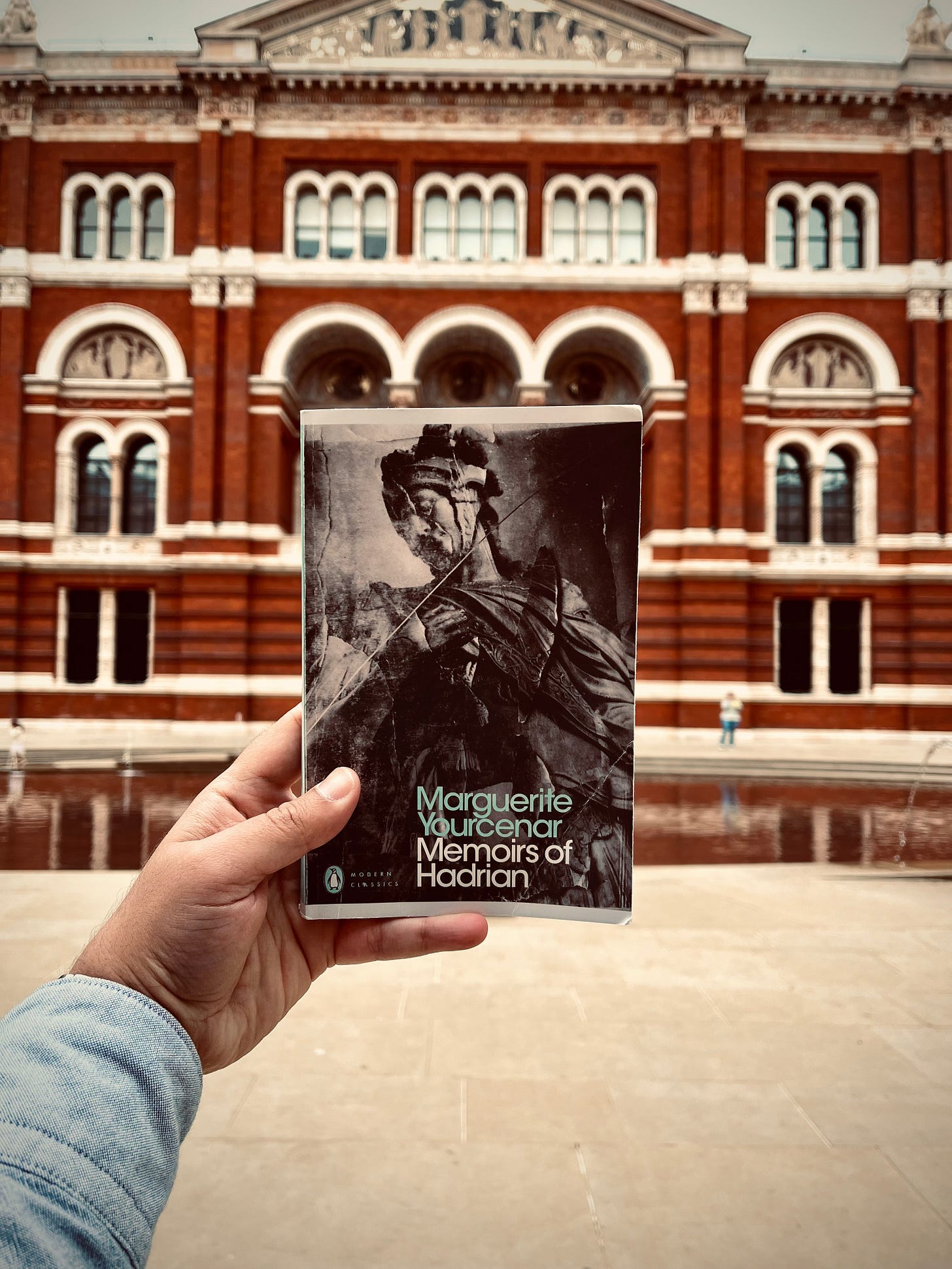
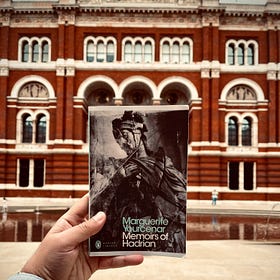
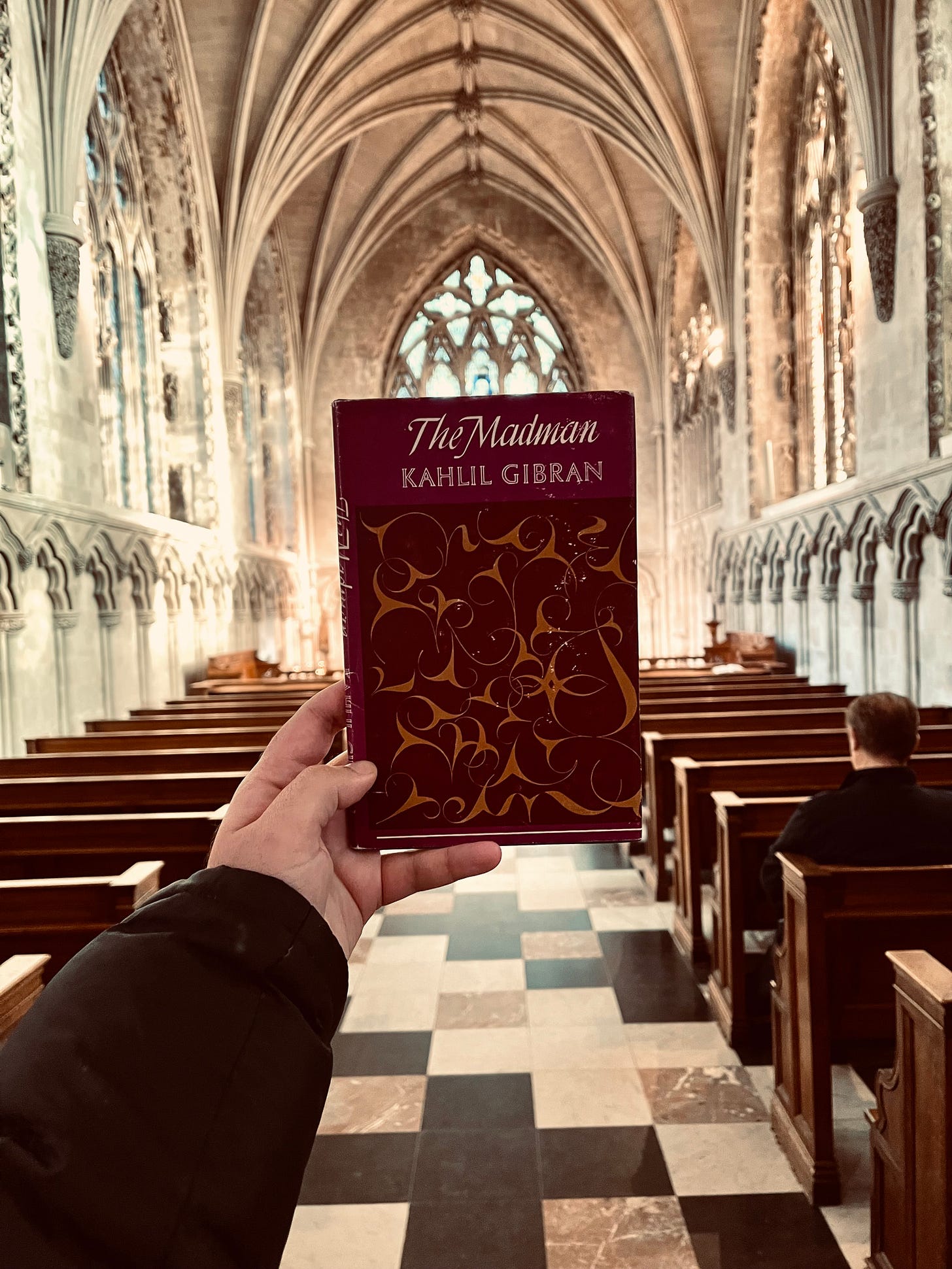
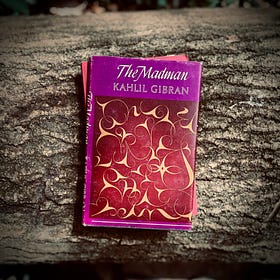
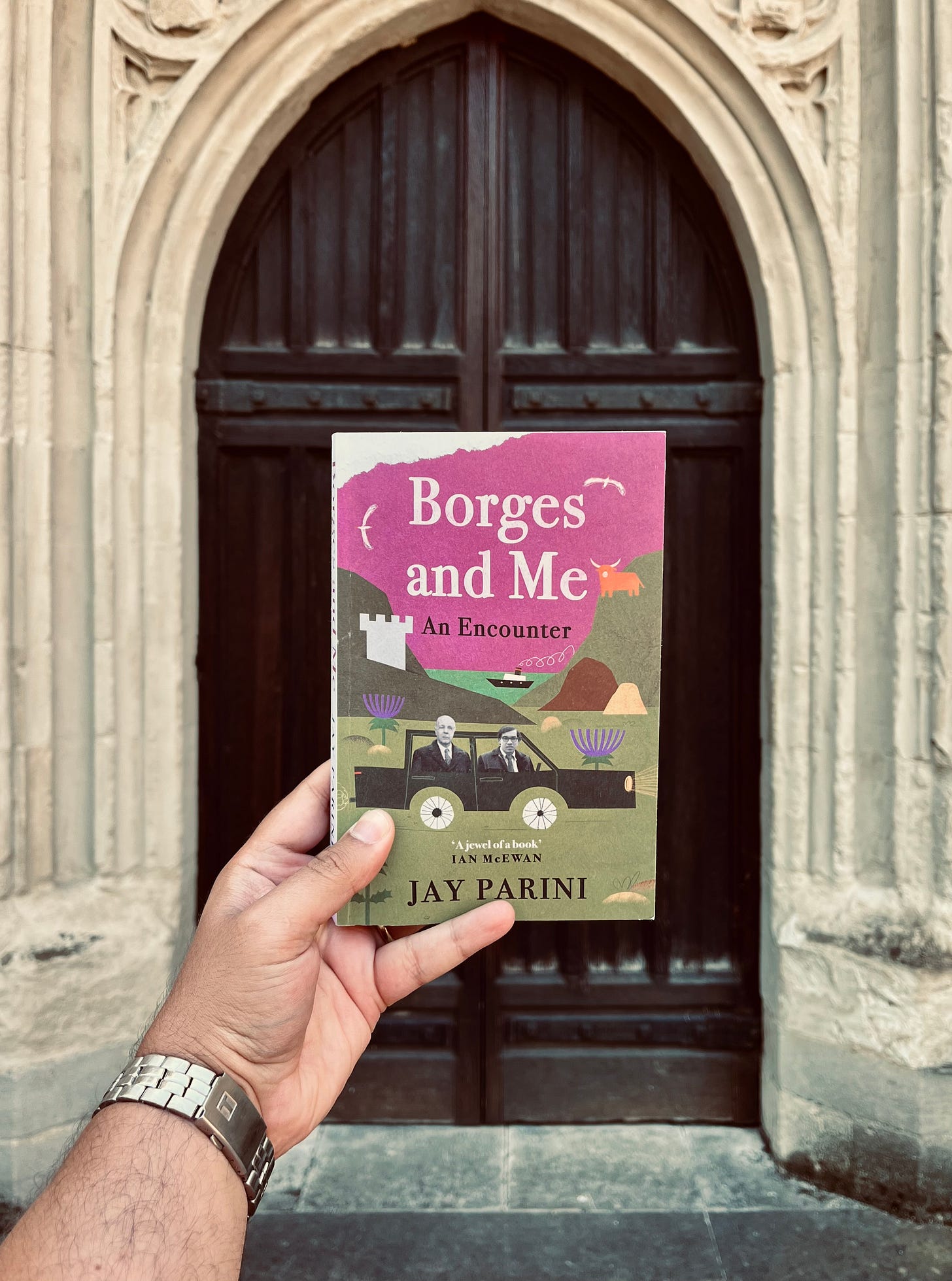

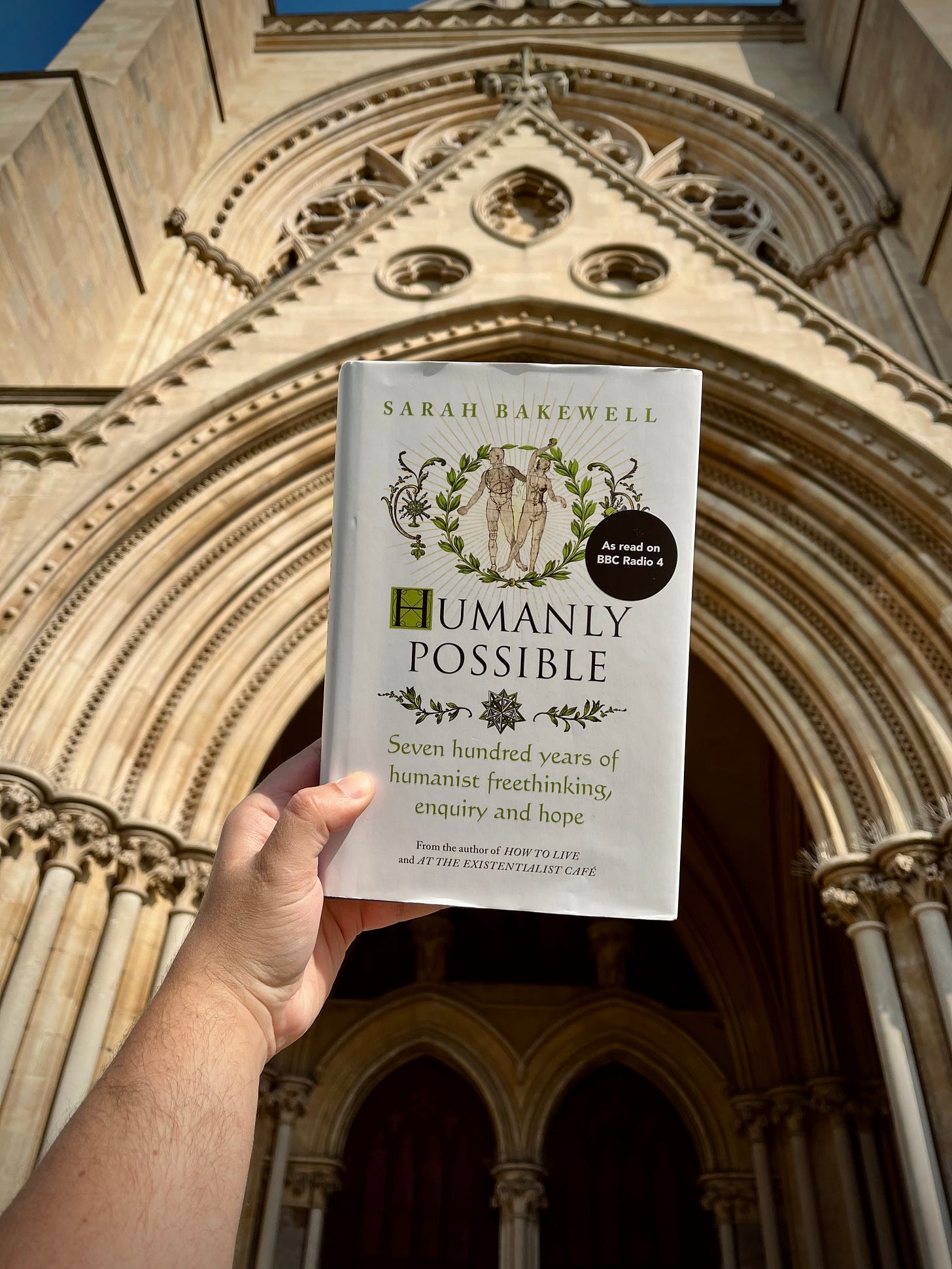
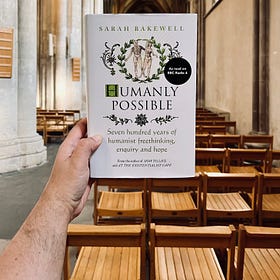
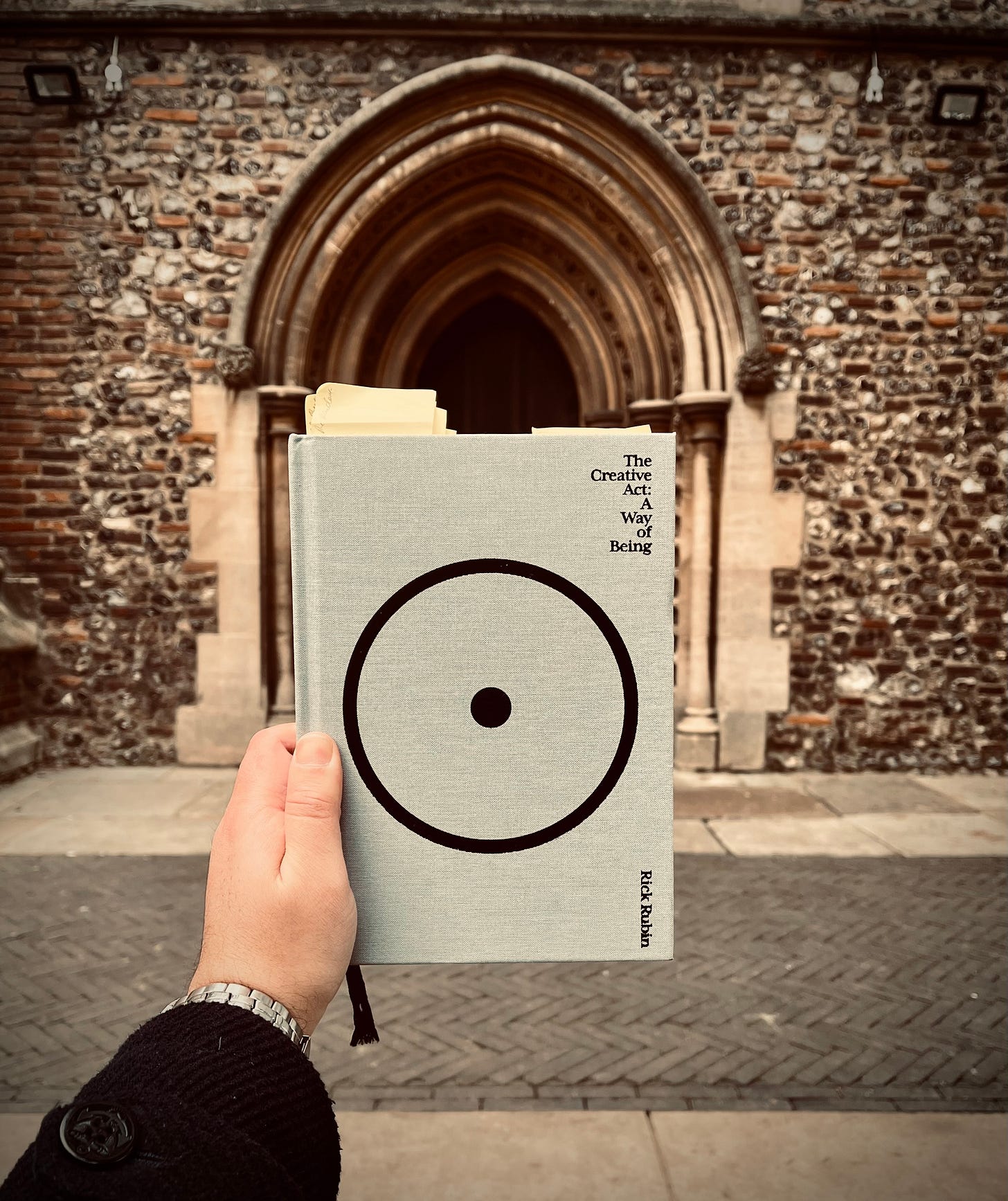

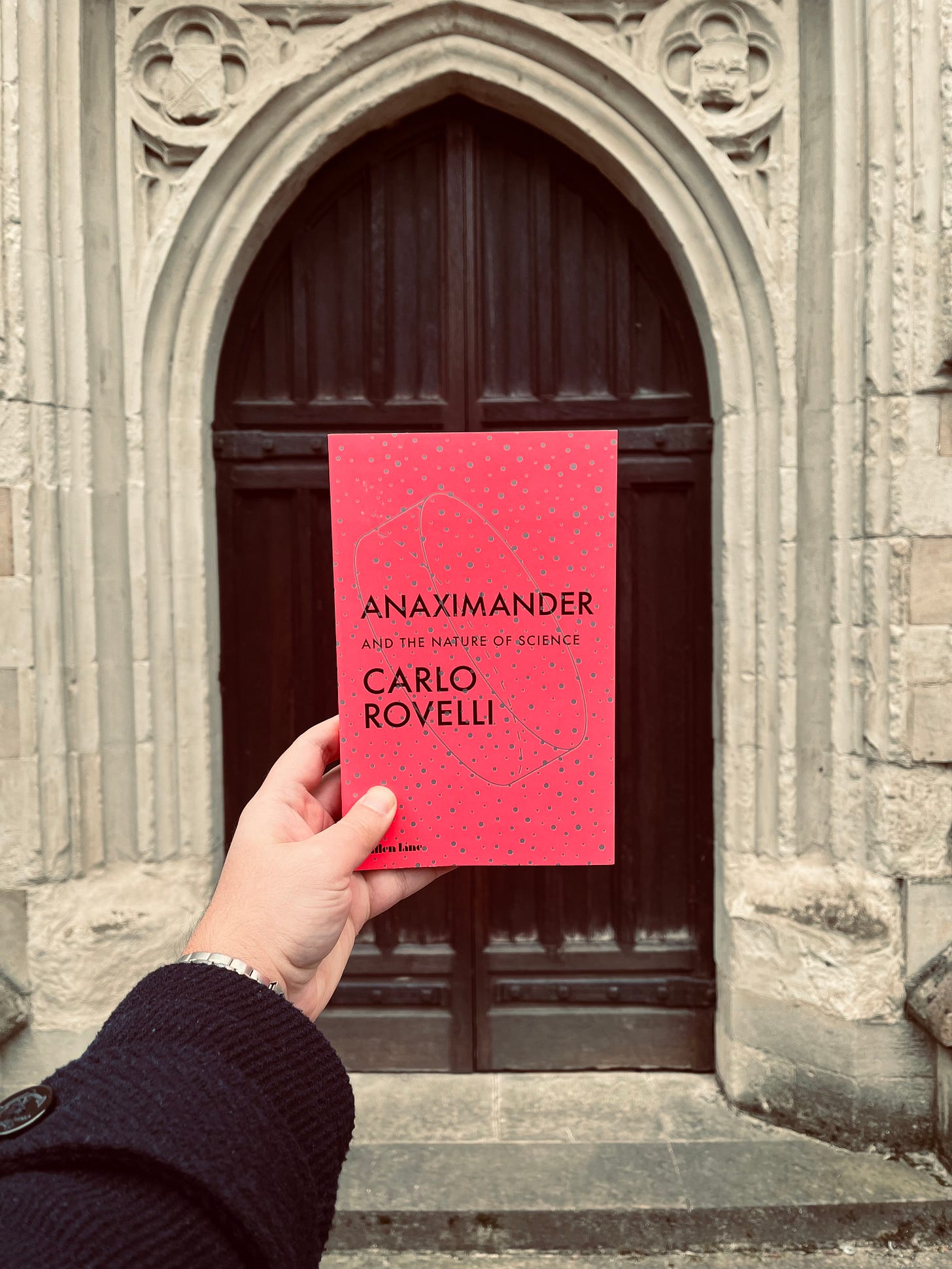
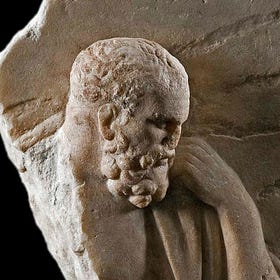
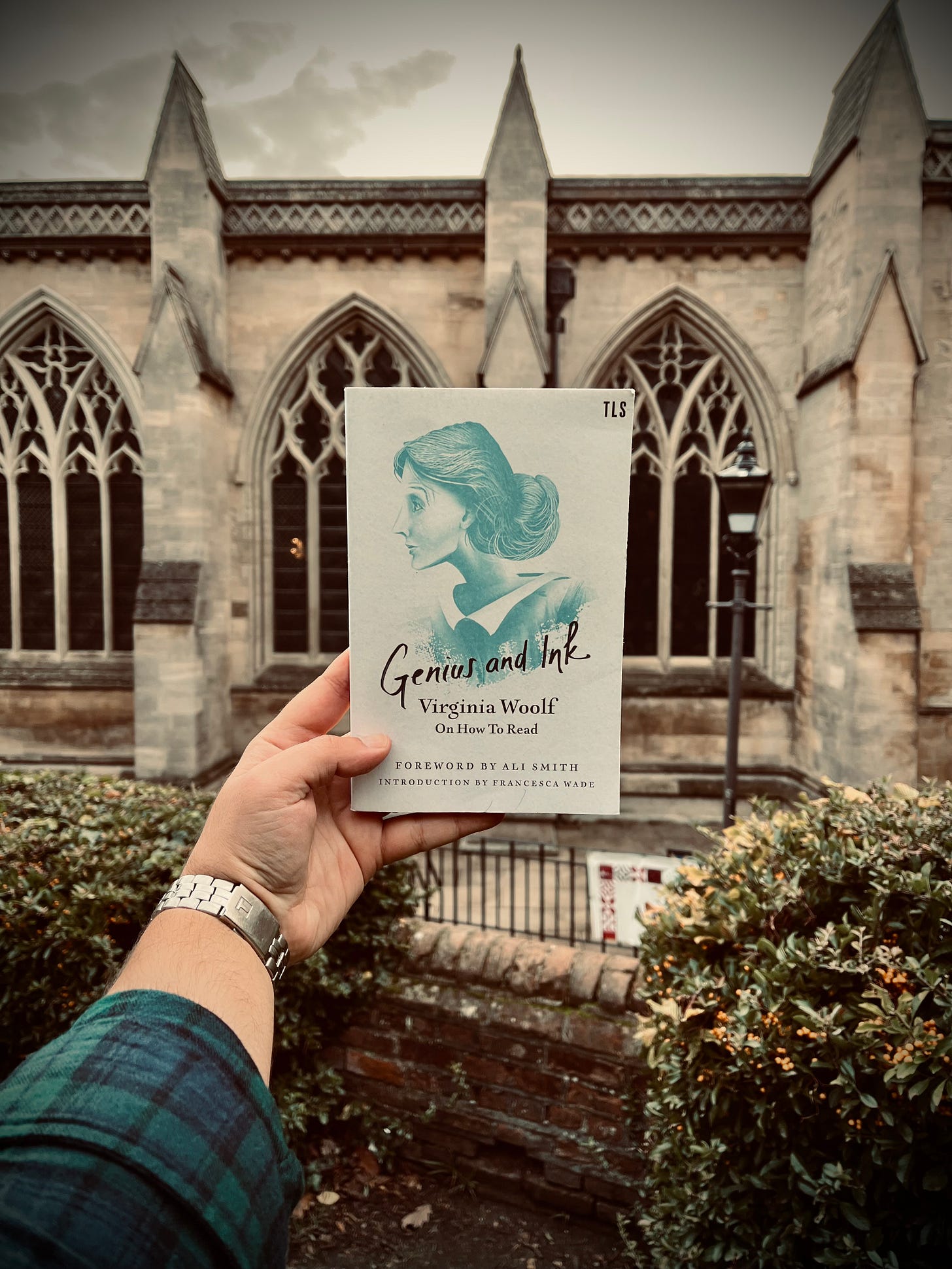
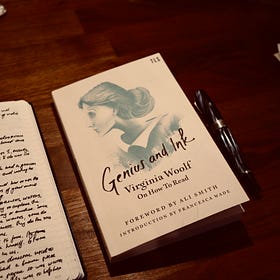
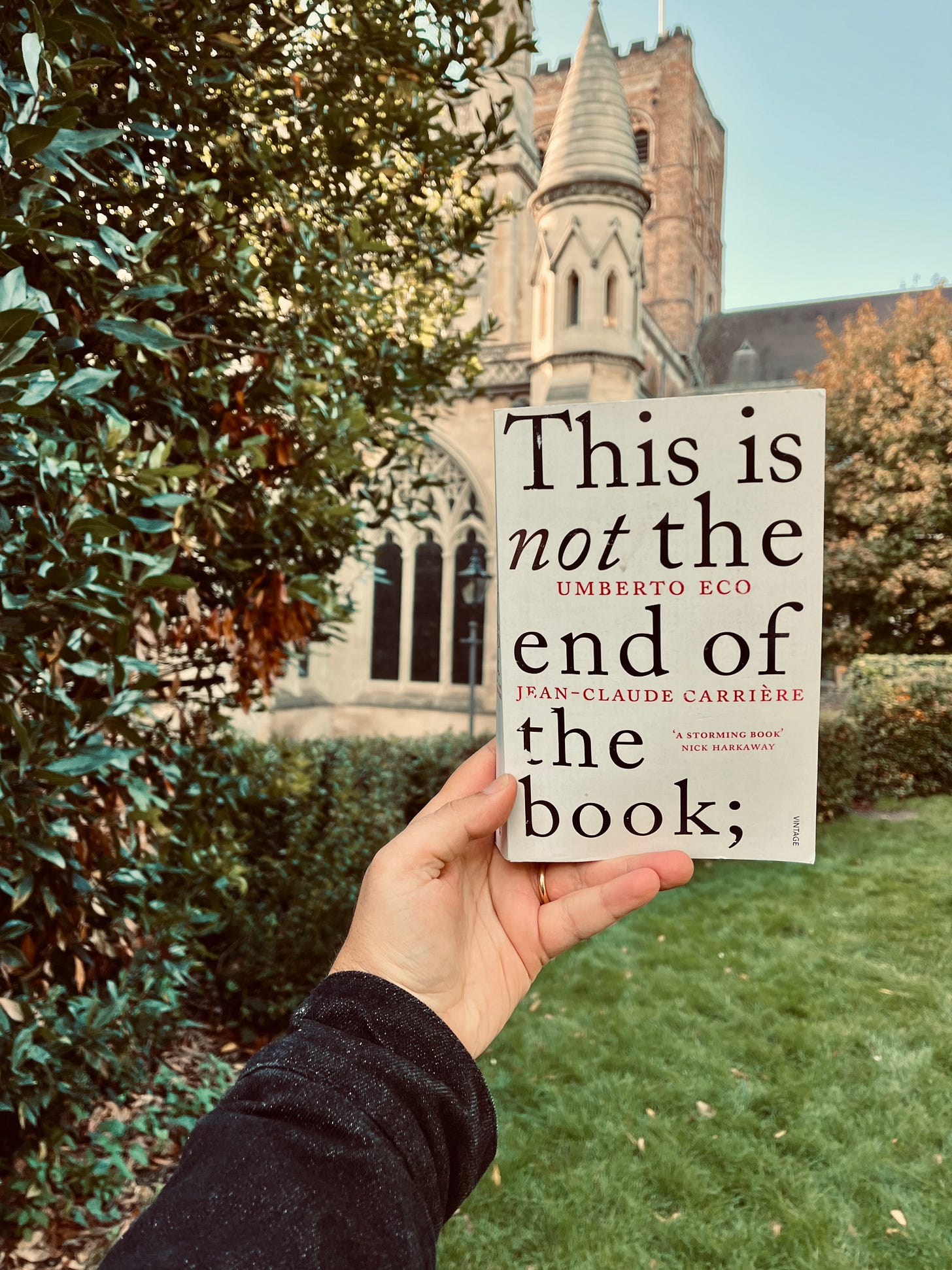
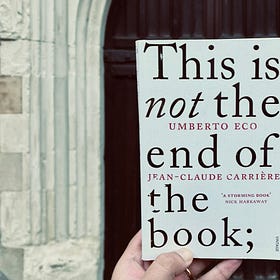
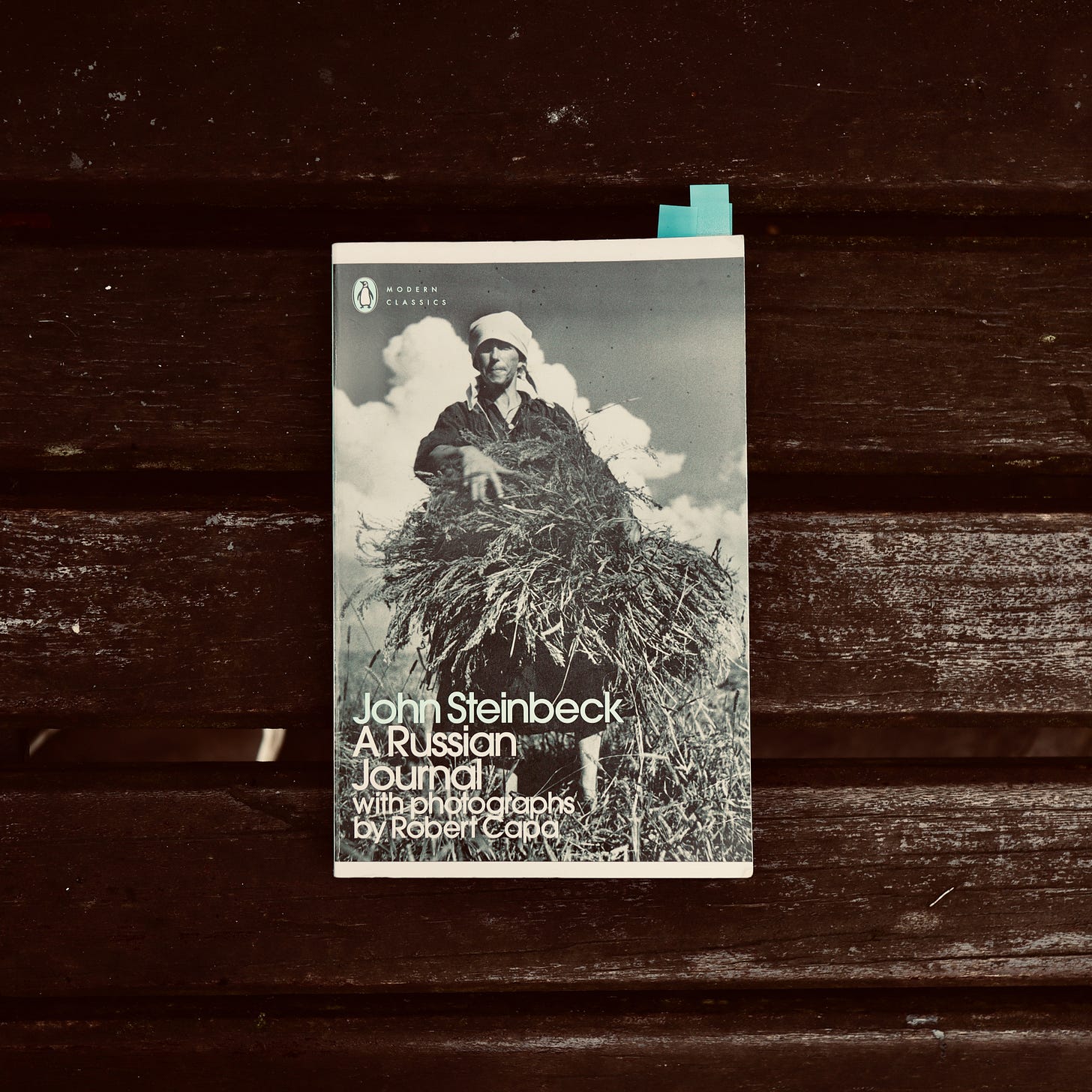
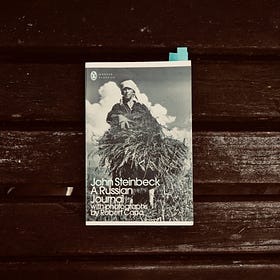
It is a very compelling list of very good books but it puts me in a dilemma.
The good news - I own a dozen of the books.
Bad news - I have only read 4.
I have miles to go before I sleep. 😉
This is a wonderful idea! And that edition of Tolstoi... I'm in love!
About this topic of lists... I found myself laughing now thinking how many lists I do everyday! I just feel this huge need to doing and checking things I do, or read...